32 things to consider before getting a horse
Getting a horse of your own is a serious commitment both in time and money. Check out these considerations before launching into horse ownership.
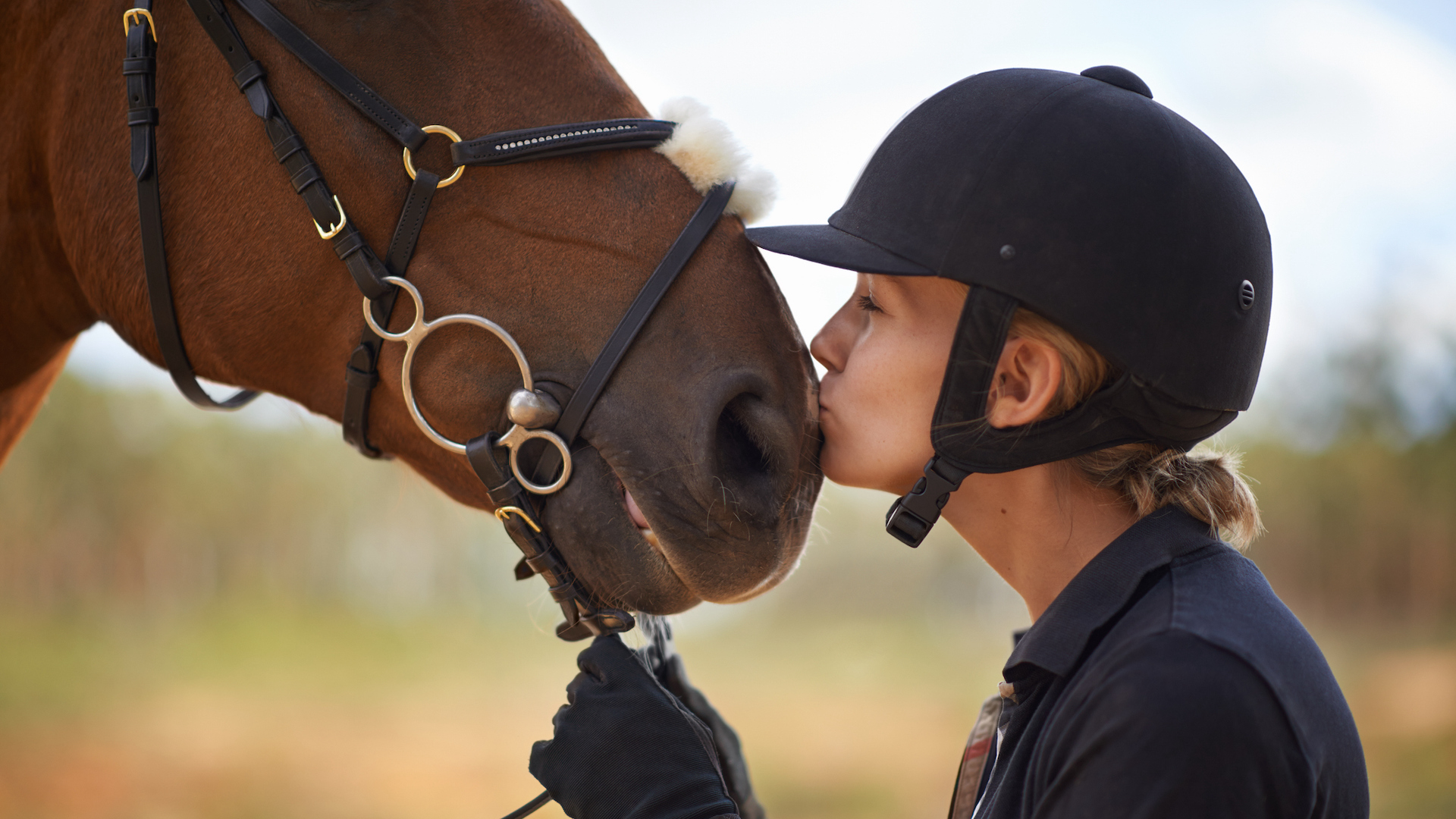
So you want a horse of your own. Bringing a horse into your life can be an exhilarating adventure, but it’s crucial to approach this decision with careful consideration. A horse is an animal with very specific needs. Importantly, they have the right to the five freedoms: freedom from hunger and thirst, freedom from discomfort, freedom from pain, injury, and disease, freedom from fear and distress, and the freedom to behave normally – that is, as a horse should, with sufficient space, appropriate facilities and the company of other equines.
If you are sure you can provide all this – then there’s more! Horses are a significant commitment in terms of time, energy, and finances that go further than just purchasing one of the best horse clippers. Beyond the dream of galloping through open fields or lifting that jumping trophy lies the reality of ongoing costs, such as feed, veterinary care, and boarding.
Before taking the plunge, assess your lifestyle and ask yourself honestly whether you can dedicate the necessary time to care for a horse properly. Consider where the horse will live – do you have access to appropriate facilities and a supportive community? And, blunt as it may sound, have you got the cash to do so?
Let’s take a look at some key considerations to evaluate before setting foot on the path to one of the most rewarding experiences available on this earth.
32 things to consider before getting a horse
1. Time management
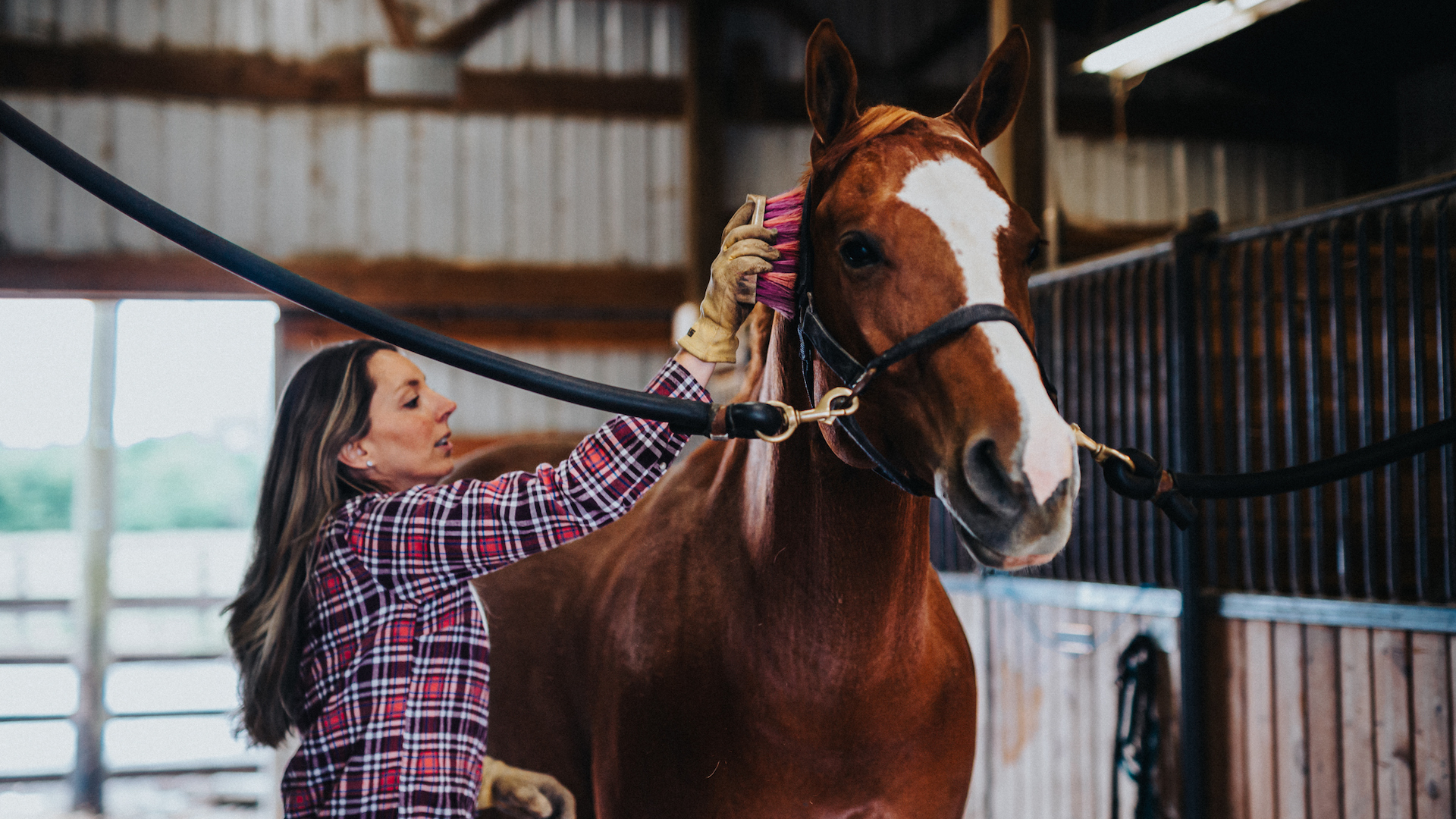
Do you have the time for this massive commitment? Horses can’t be put in the cupboard like golf clubs when you are too busy to do your hobby. Depending on your livery arrangements, you need to have the time to care for your horse every day – and arrange cover for when you can’t be there. Holidays, evenings out, early starts, and late finishes at work all need to be considered around the upkeep and welfare of the horse.
2. The new home
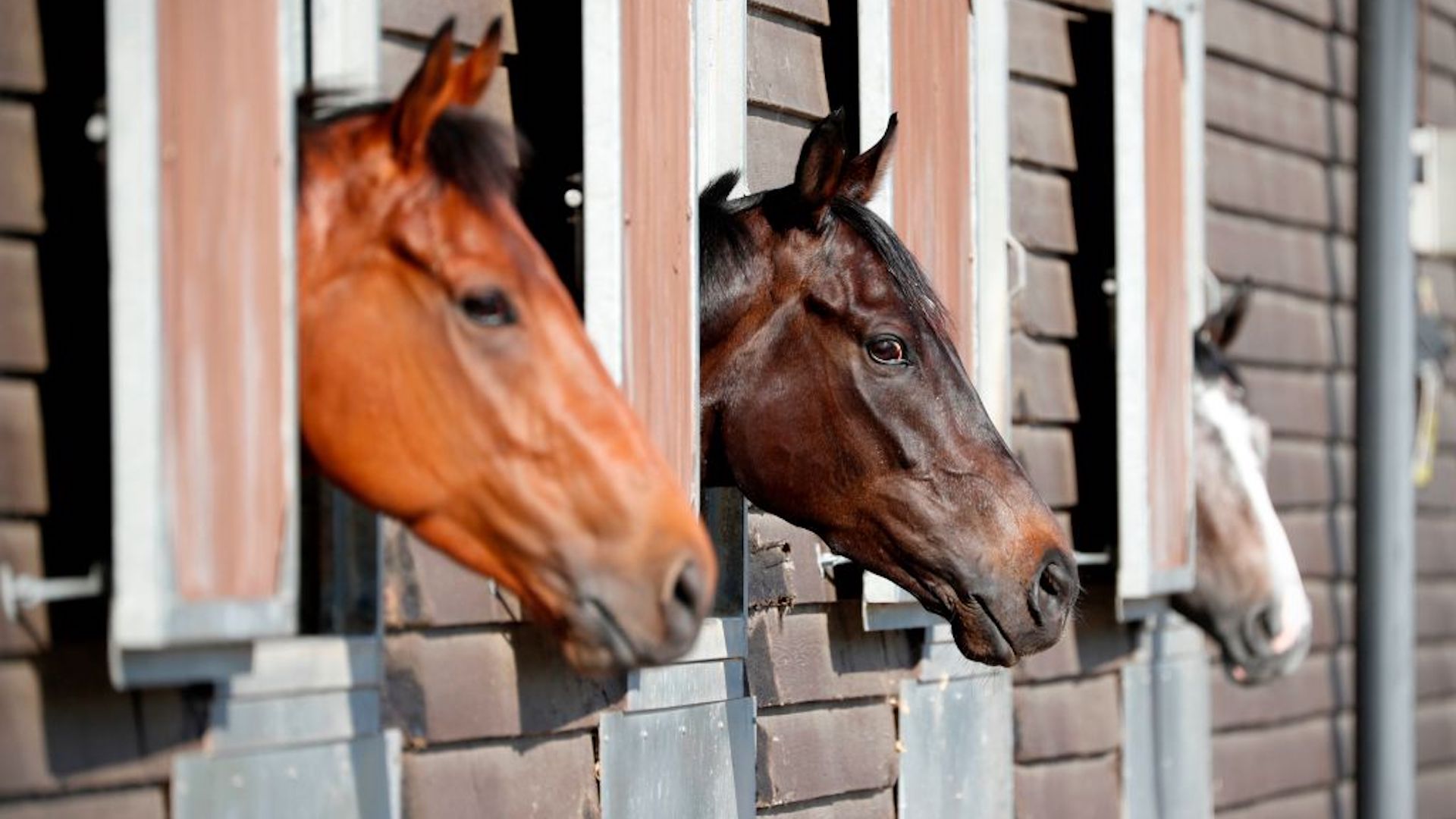
Do you have plans for where you will keep the horse? If you can keep your horse at home, make sure you have everything in place well in advance for the new arrival, from safe fields (not poisonous plants, safe and secure fencing, water, and so on) to shelter, and a companion. Horses are herd animals and don’t like to live out of sight of other horses.
If you are planning to keep your horse at livery, make sure you have visited a few highly recommended local barns, and are happy with both other people’s reviews and your own impression. Many barns have waiting lists, so check if they are ready to take on your new horse when you need the place.
PetsRadar Newsletter
Get the best advice, tips and top tech for your beloved Pets
3. Your bank balance
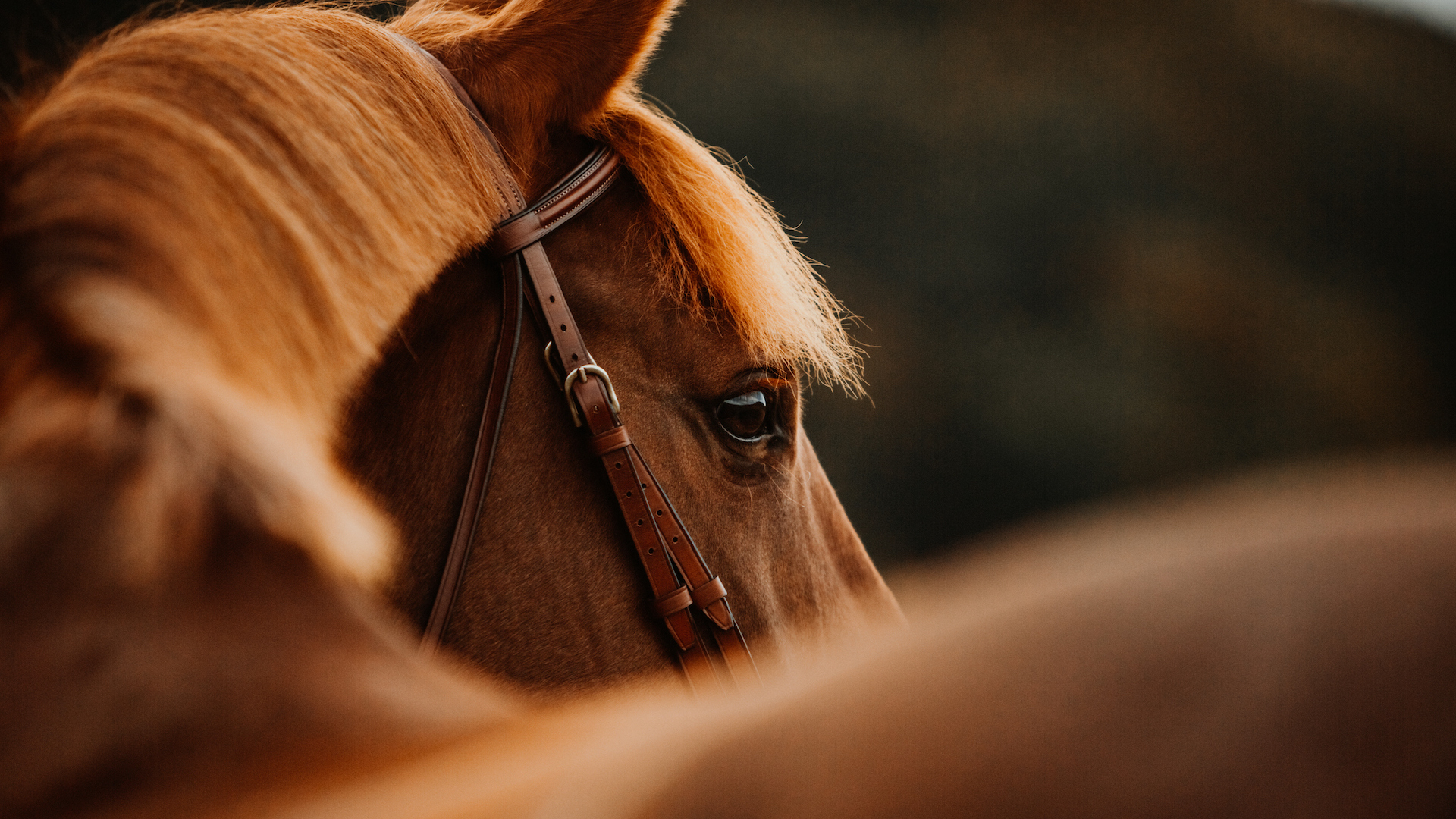
There’s no getting away from it, horses are an expensive commitment. Don’t even consider taking on a horse before working out whether you can really afford it. Never mind the purchase price, it’s the monthly costs that will eat into your bank balance, from livery, to feed and hay, shoeing, bedding, vaccinations, insurance, tack, and equipment. That’s before you go down the road of lessons and competitions or any emergency costs.
4. Sharing
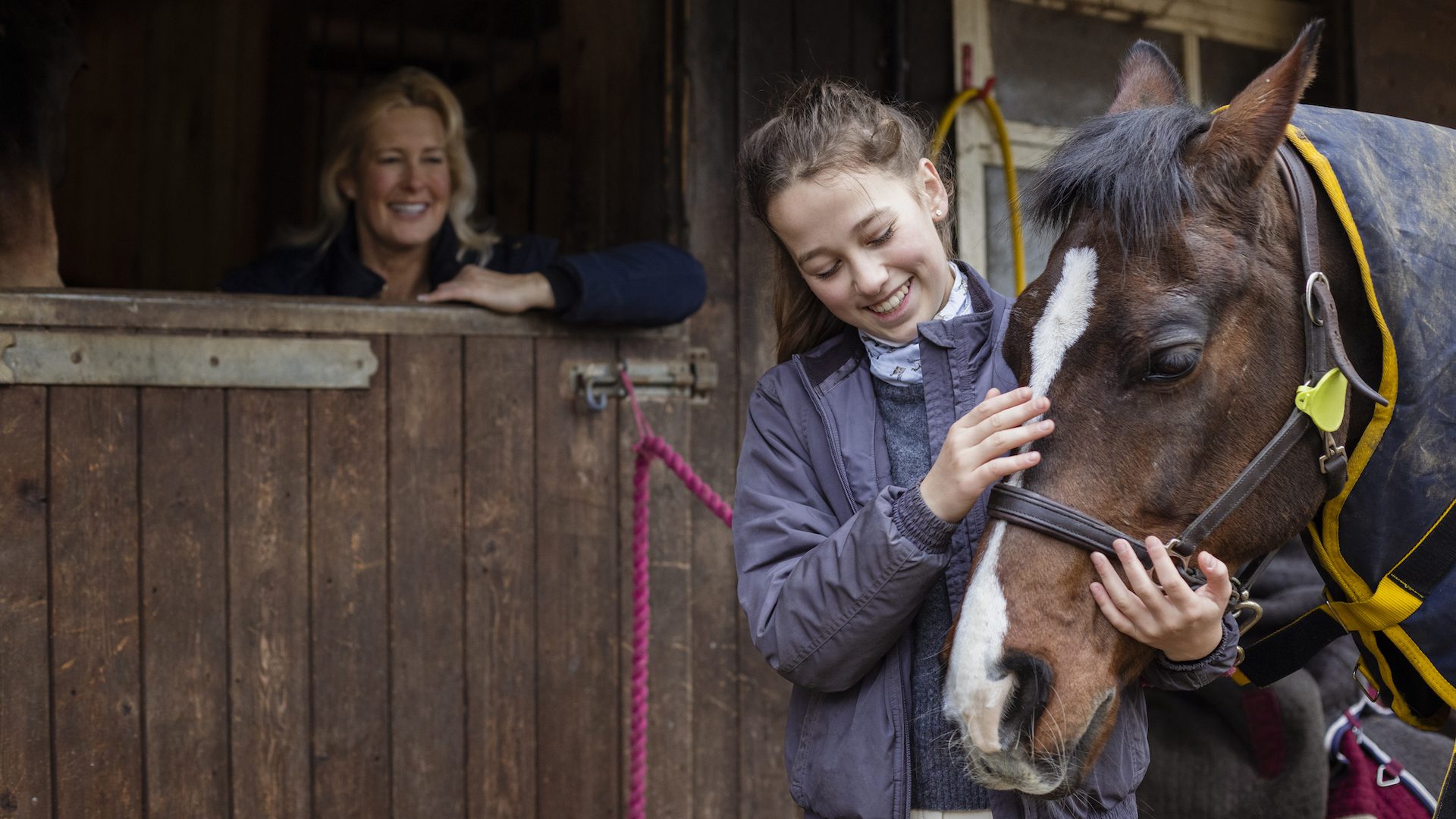
Before going headlong into full ownership, consider sharing a horse belonging to someone else. Many horse owners do not have time to ride five/six days a week so it is mutually beneficial to share their steed with another rider.
The sharer will usually be expected to make a financial contribution towards livery costs and often chip in with barn chores, though every agreement is different. This is a great way to sample the experience of ownership without the responsibility and at considerably less cost. Always draw up a contract to protect all parties.
5. Intended riders
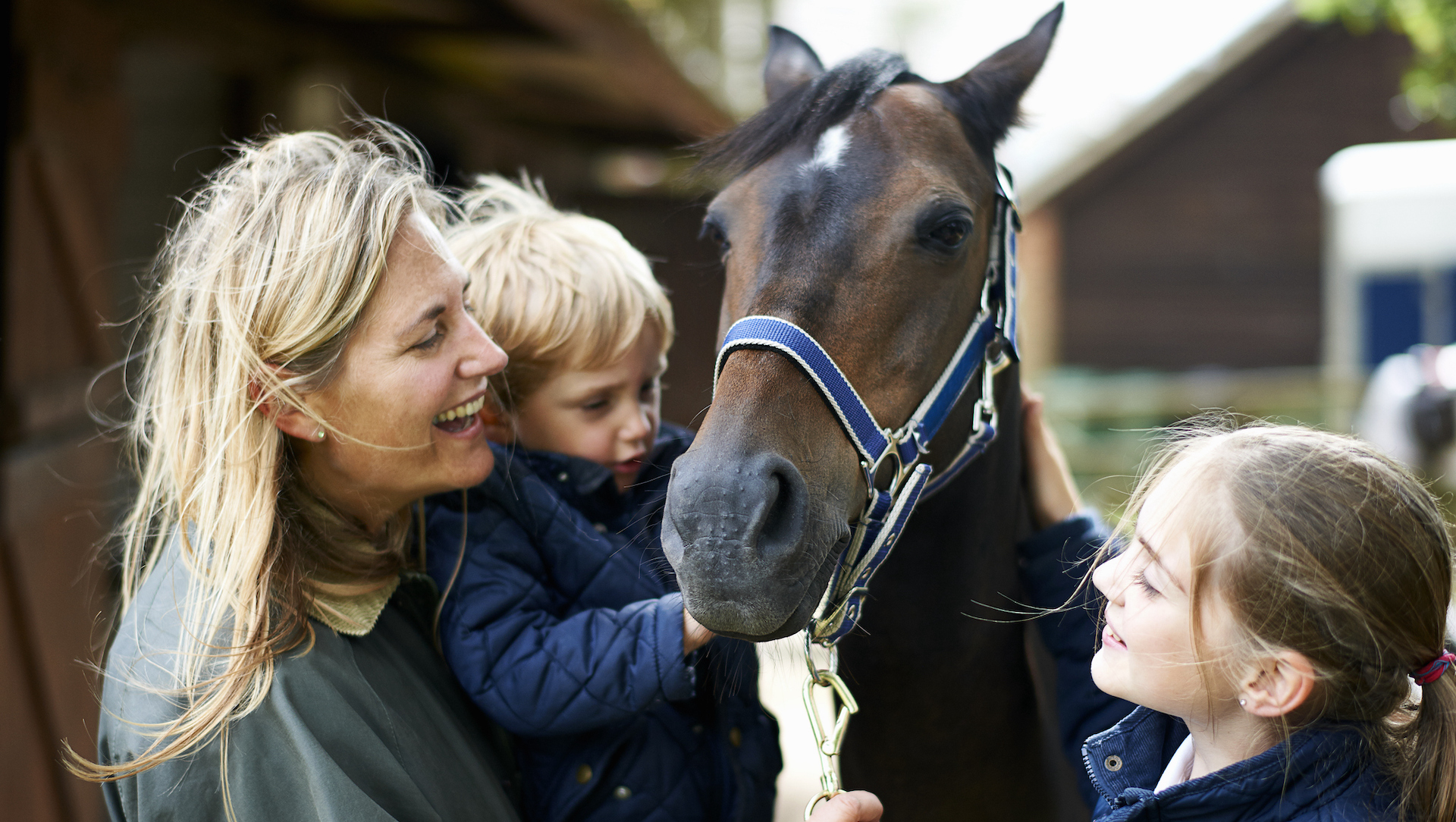
Consider who will be riding the prospective horse. Mother-daughter shares often work really well, but bear in mind you’ll be looking for a very different animal if they have to suit contrasting members of the family, whether it’s a nervous 12-year-old or a competitive teenager, and a mother who wants to go to training camps with friends. Similarly, while you may weigh 120lb if the horse will also be ridden by your 6ft 3 husband, then it’s no use sourcing a lightweight horse or pony that won’t be up to carrying the heavier rider.
6. Your skill and experience
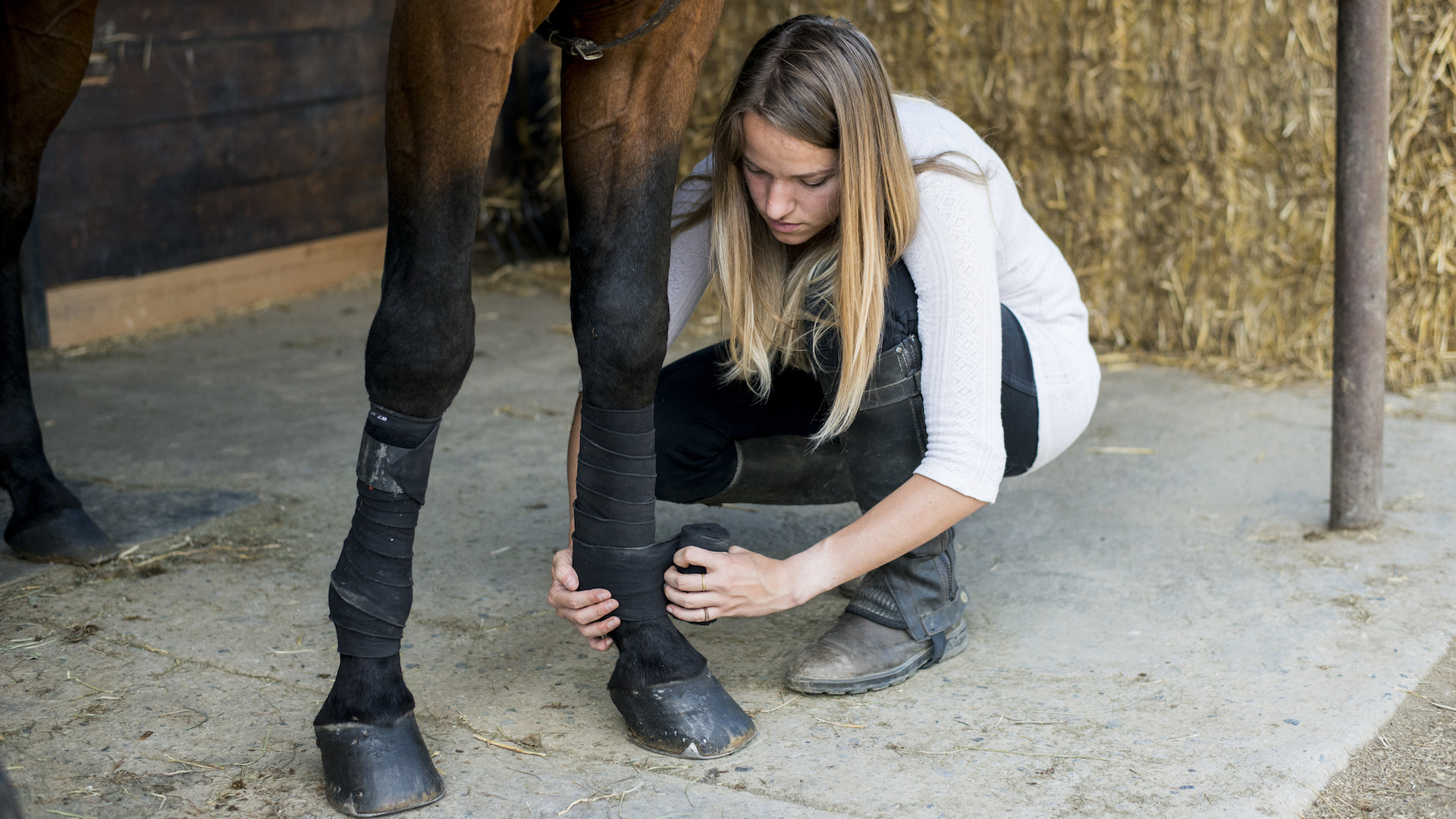
Ask yourself if you are really ready to look after a horse of your own. Analyze how much riding you have done, and how much time you have spent learning and practicing horse management. How ready are you to have full responsibility for your own horse?
Weekend riders who arrive at the center, do their half-hour lesson, and head home, will be better off working at a barn for a few months to get to grips with the work, gaining experience, and upping their riding hours so that it isn’t a shock to the system when they have a horse 24/7.
7. What you want – and need
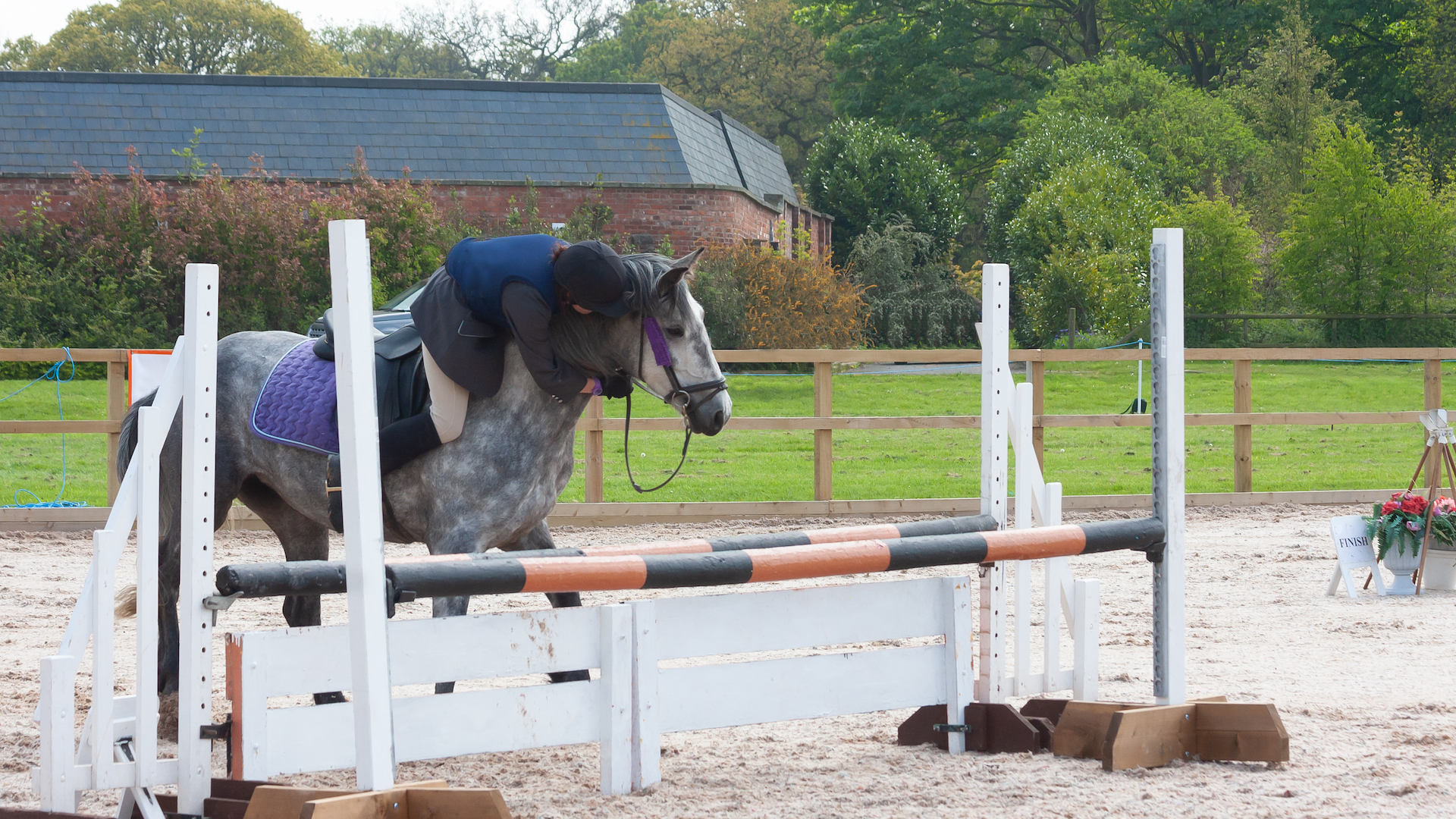
Be honest with yourself about your riding ability, goals, and experience. An off-the-track thoroughbred may be cheap, but totally unsuited to a novice rider with no skills in retraining. A flashy dressage warmblood may catch the eye, but if you’re trail-riding around rocky paths, this might not be the best match. A foal may be cute, but if you have no experience in backing and producing young horses, you’re better off getting a horse that has been professionally schooled.
Many riders over-horse themselves because they believe they will “grow into” their mount, but it often ends in disaster, with both horse and rider losing confidence. It’s best to start out with a safe and steady conveyance.
8. Your goals

Goals sound as if all riders need to be aiming for the Olympics and of course, that’s not the case! But whether you want to have a horse to start competing after years of honing your skills at a riding school, or want to join your friends on fun trail rides for hours at the weekends, it’s well worth assessing what you want to do with the horse, so that you can source an appropriate partner with whom to fulfill whatever those ambitions are.
9. Your budget
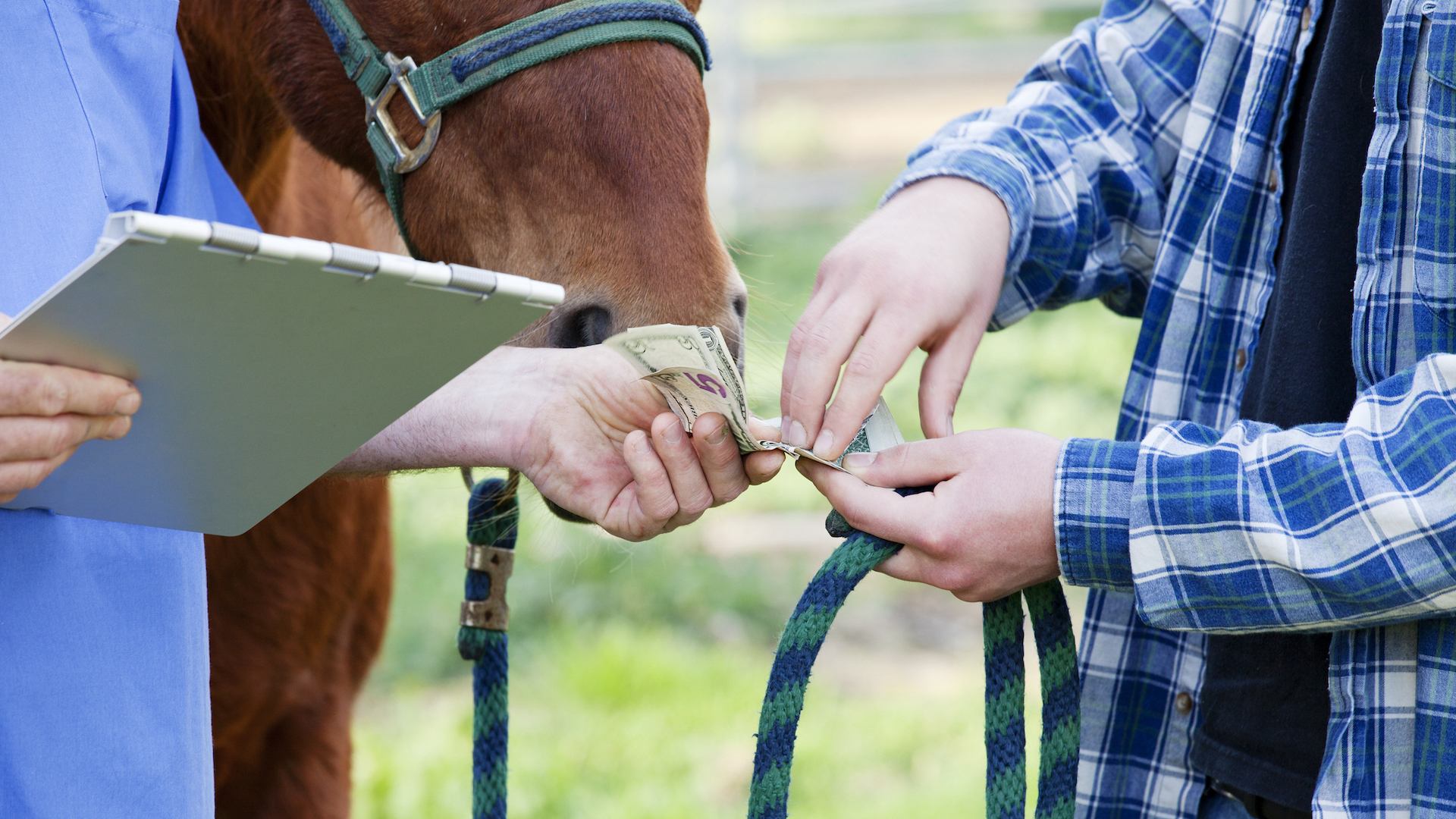
The ongoing costs for the upkeep of a horse are one thing, but there is also the purchase price. It’s worth setting a budget for what you are prepared to pay so that you don’t start coveting horses that are way out of your price range. It’s hard to say no, even when you’re well over your financial limit, once you’ve fallen in love with the horse of your dreams. You don’t want to start your horse ownership journey way out of pocket.
10. Viewing the horse

Especially if it is your first time viewing a horse, think about which experienced horse person you will take along with you as another pair of eyes. Not only is it good to have a second opinion, but they can watch you ride the horse and give their verdict, as well as asking the right questions of the vendor. It can also prevent unscrupulous dealers from pulling the wool over the eyes of a novice buyer!
Having a knowledgeable person at your side helps prevent impulse buys and injects some rationality into the exciting adventure that is horse shopping.
11. Do your research
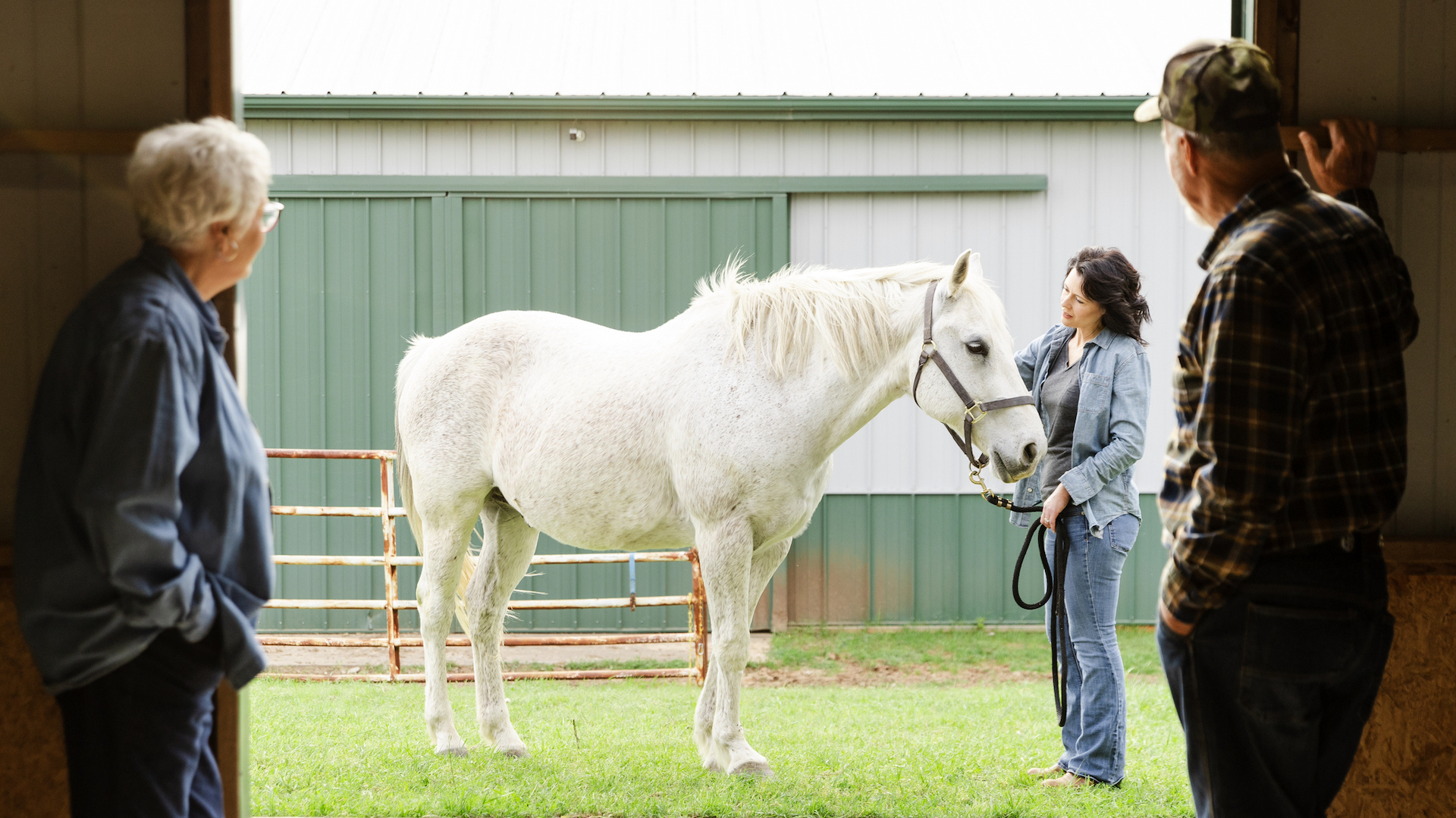
Horses always have a history. Ask plenty of questions about any prospective purchase. If the horse has competed, you will be able to look up its competition record and check it tallies with what the vendor is telling you. Track down previous owners, ask around local Pony Clubs, and make sure the horse is what the vendor is marketing him as.
You are also entitled to call up the horse’s vet to check its medical history.
12. Loaning
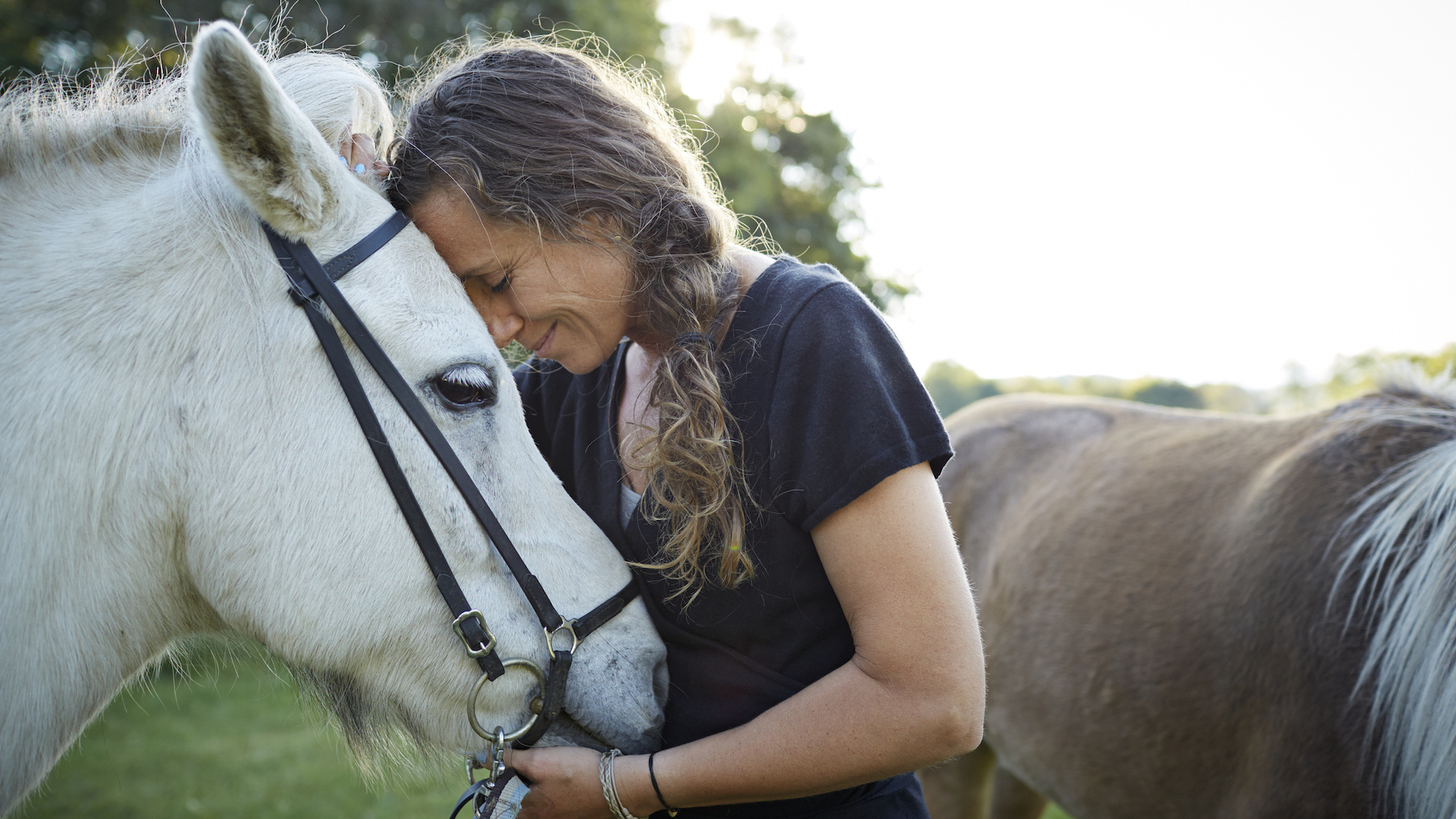
For those who do not want to launch fully into horse ownership, loaning is a possible avenue. Unlike sharing, where you typically ride someone else’s horse for part of the week and the owner rides him the rest – often with a financial contribution and chores at the barn – with loaning, you take on the sole responsibility for the upkeep of the horse and are the sole rider.
This is often offered when a horse is a veteran and the owners want to make sure he remains in work but do not want to sell him in his old age, or when the owner-rider has an injury, is pregnant, or needs to live abroad for a time. Whatever the situation, you can loan a horse for a specific amount of time, sometimes unlimited, without purchasing the horse. You will typically pay for upkeep, and can usually move it to a local barn of your choosing. Financial agreements vary, but always make sure you have a written contract.
13. Height
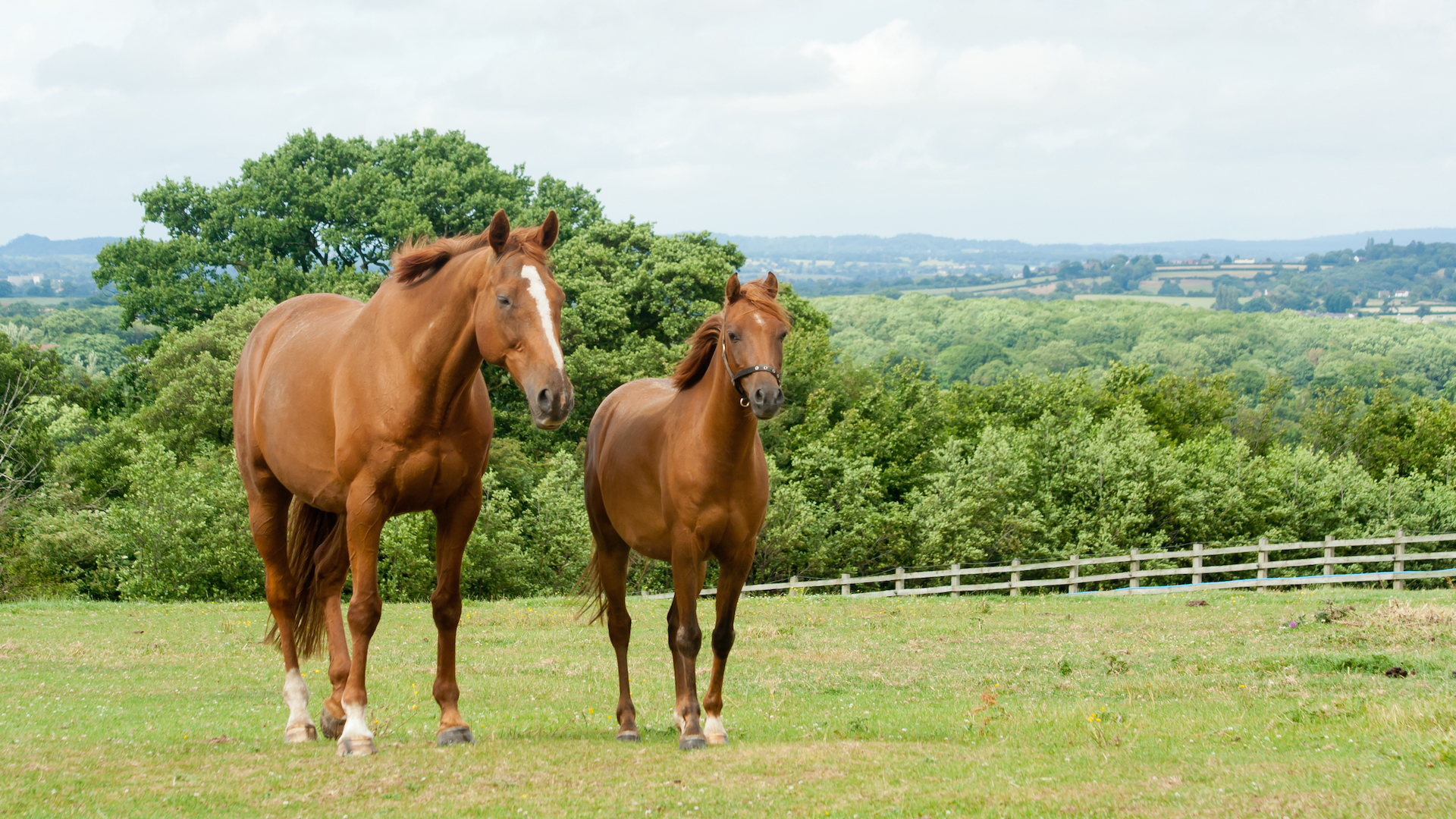
The height of your prospective horse is largely dependent on the rider. If you are acquiring the horse for a child, then a pony will be appropriate, while an adult needs to assess how much they weigh and their own height to gauge what will be most suitable.
The general guidance is that a horse can carry 15% (rider plus saddle) of their own weight. This means a 500kg horse is able to carry around 75kg of rider. Saddles vary but may weigh anything from 5–25kg depending on whether they are English or Western.
If you are considering getting a horse, you must have a good idea of what height horse suits you best, from previous experiences. But bear in mind that a 15hh cob is a totally different prospect to a 15hh thoroughbred, particularly in terms of their ability to carry weight.
14. Age
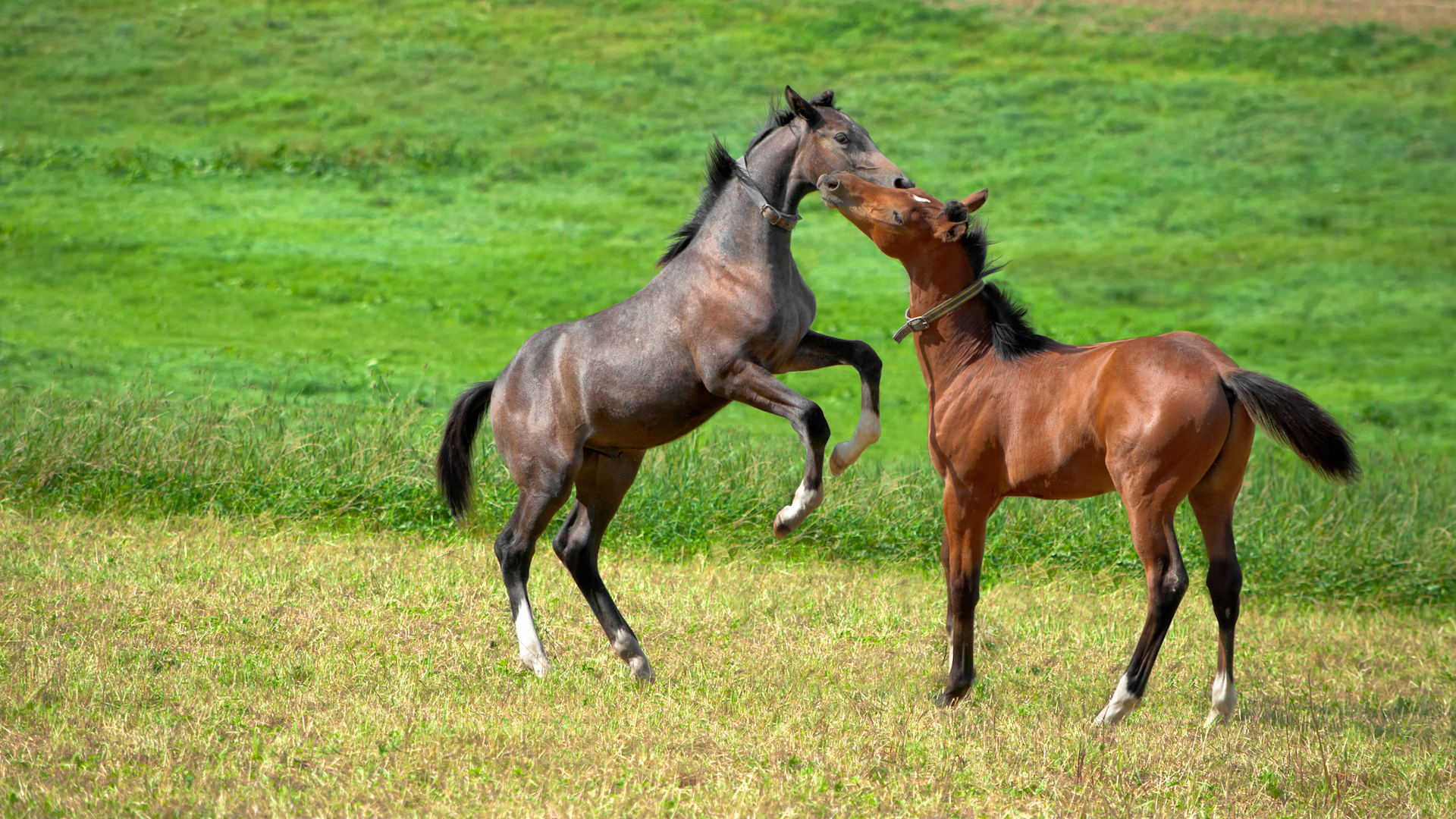
A horse is considered a veteran when it reaches the age of 16, but many go on to fulfill a purposeful and fruitful life well into their twenties, so don’t dismiss the golden oldies. If you are buying an older horse, be aware that you may well have responsibility for their end of life.
At the other end of the scale, sport horses are usually backed between three and four years old, so if this is your first horse, it makes sense to get a slightly older horse that has been professionally trained in the early stages. Younger horses tend to be greener while they get used to the world, but then there are some old heads on young shoulders and certainly some old-timers who retain their youthful joie de vivre no matter how many miles on the clock!
15. Breed
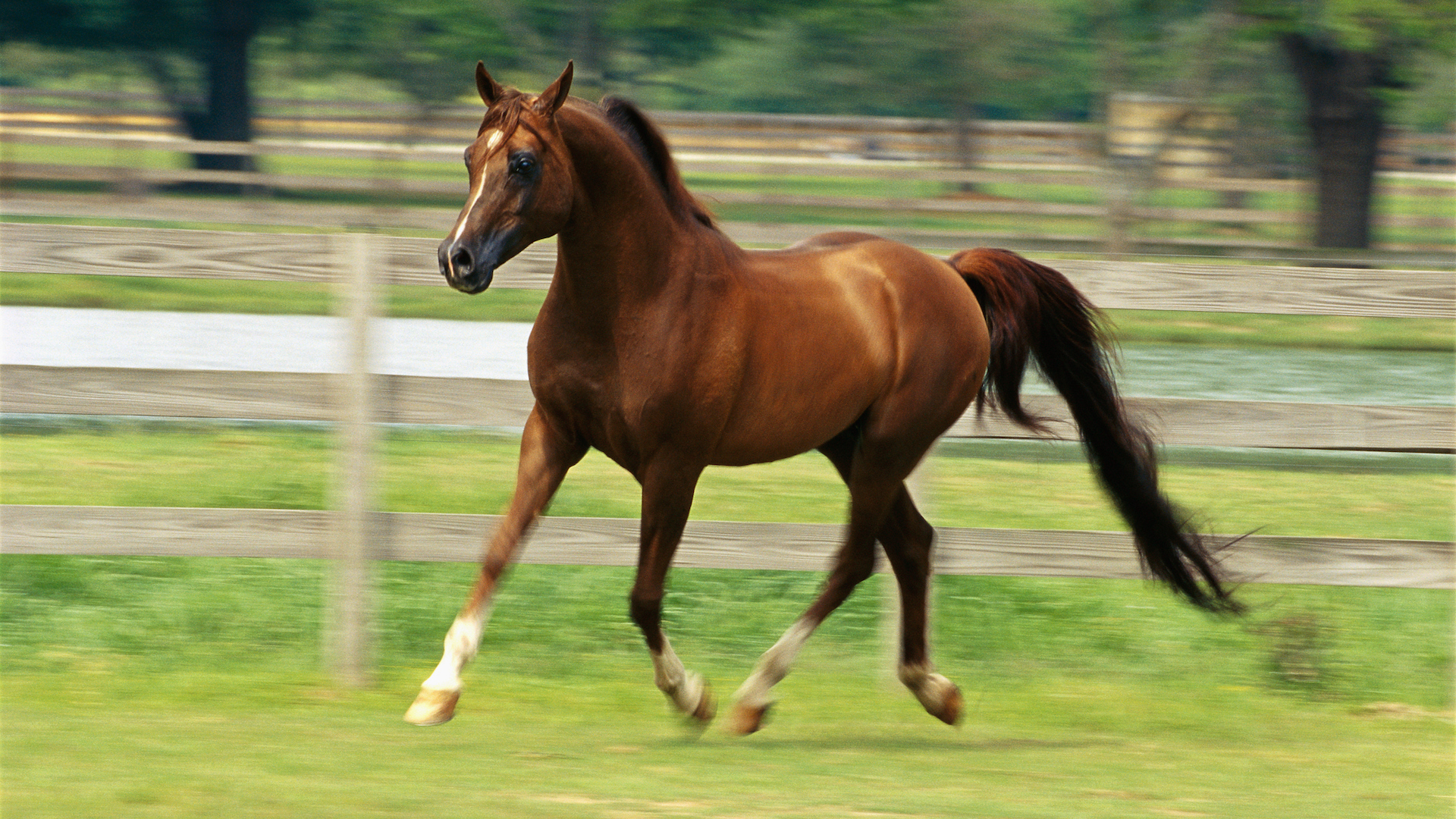
Breed is down to personal preference. Some people love the chunky cob, others the delicate Arab. A rider with dressage aspirations might hanker for a Hanoverian, while a mom might select a pretty Welsh section A for her young daughter. While there are certain traits that are linked to specific breeds, such as looks, movement, and likely discipline, every horse is an individual with its own unique talent and character.
16. Gender
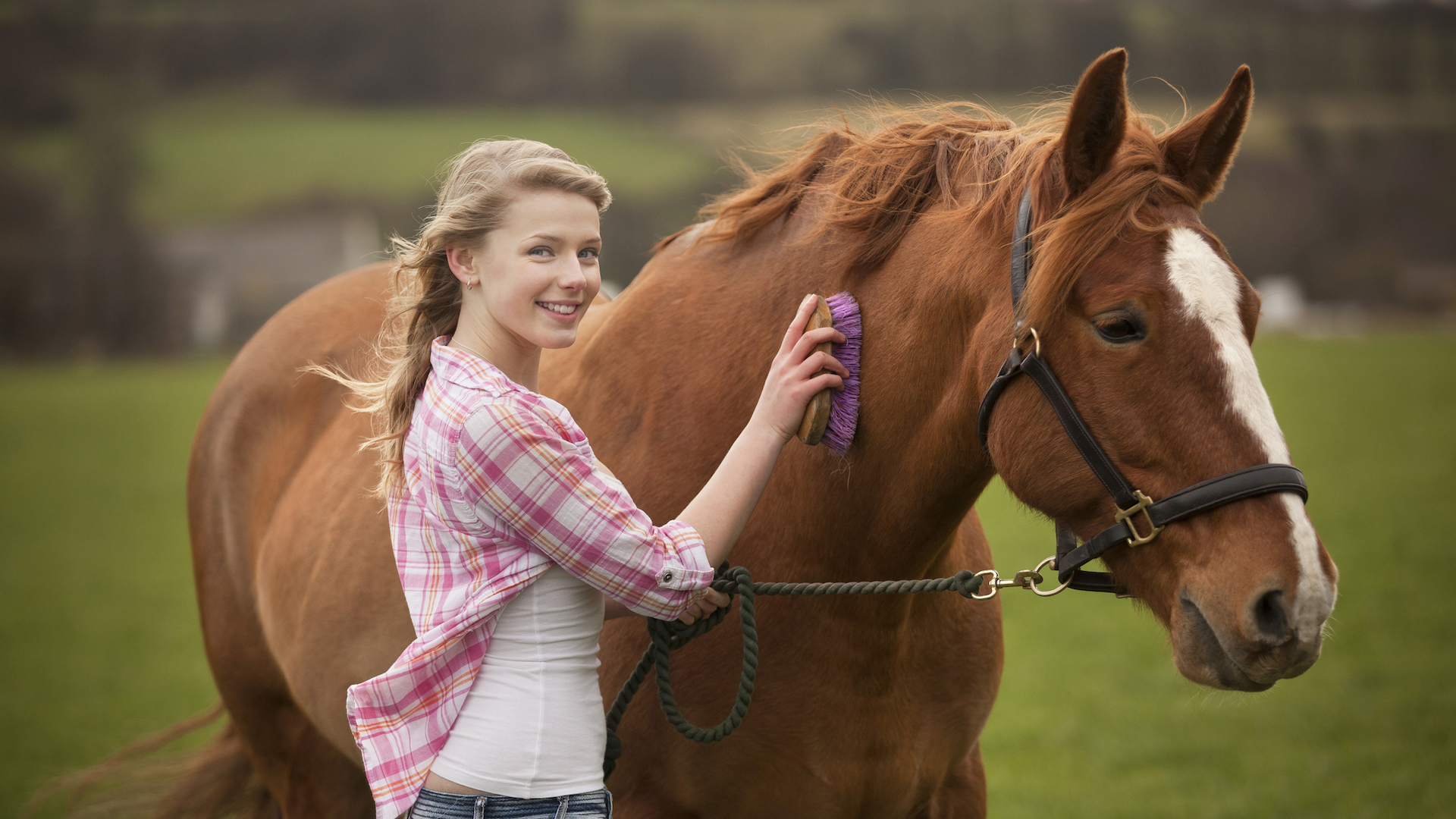
The steadiest of genders is known to be the castrated male horse, that is a gelding. Mares are more prone to hormonal fluctuations which can cause mood swings when they are in season – though there are many riders that swear by mares and a good one can be brilliant. Stallions are exclusively the preserve of professional handlers, and not suitable as a first horse.
The saying goes, “You tell a gelding, ask a stallion, and let the mare think it’s all her idea”.
17. Trial period
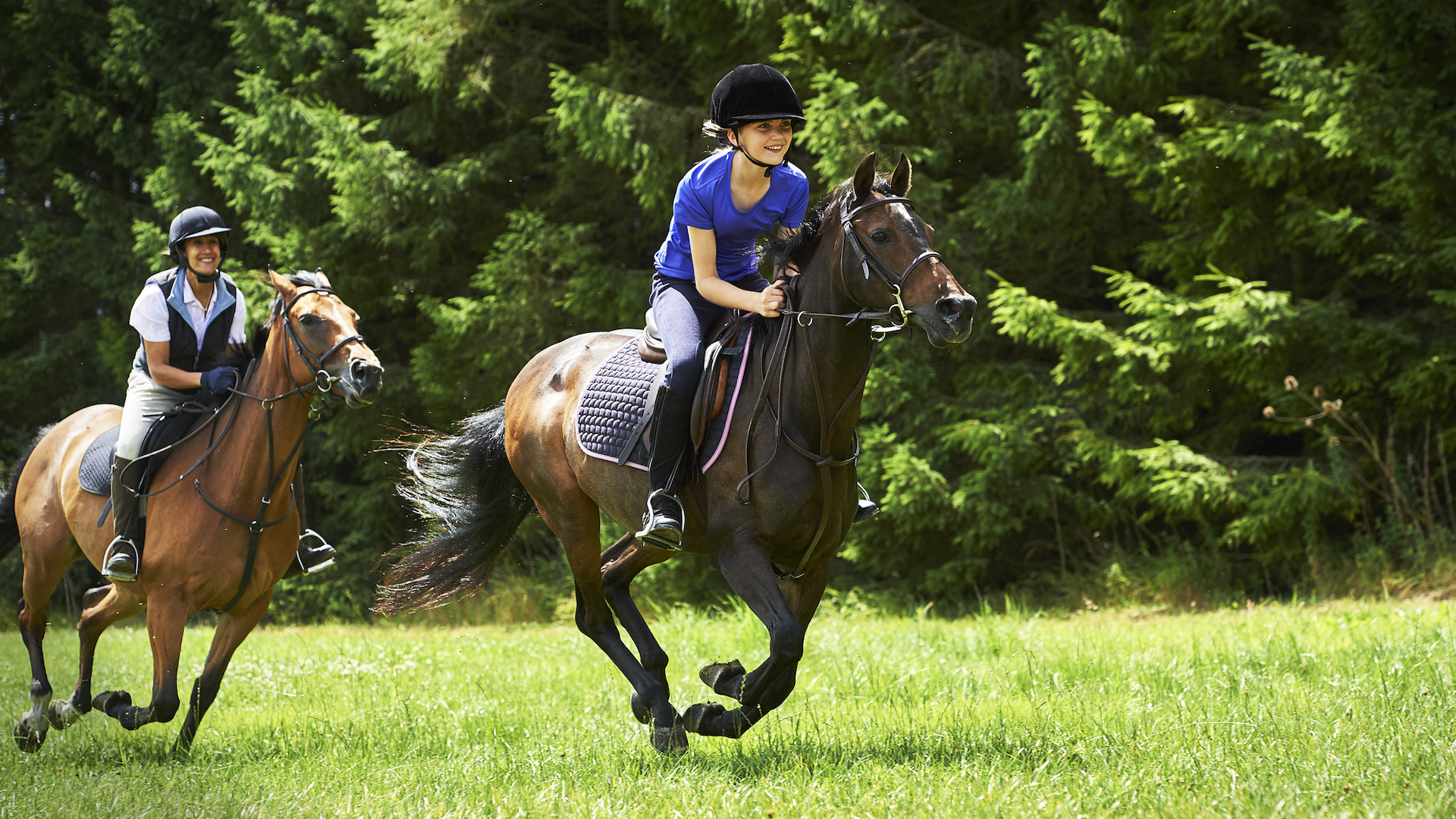
Not all vendors will permit it, but it’s always worth asking if you can have a prospective horse on trial for a short period. This will enable you to see what it is like away from the familiarities of its own home, how it behaves in company, out in the open, on the ground, and in the stable. You’ll need full insurance to cover the horse for this period, as well as a contract stating the rights on both sides.
18. Buyer beware
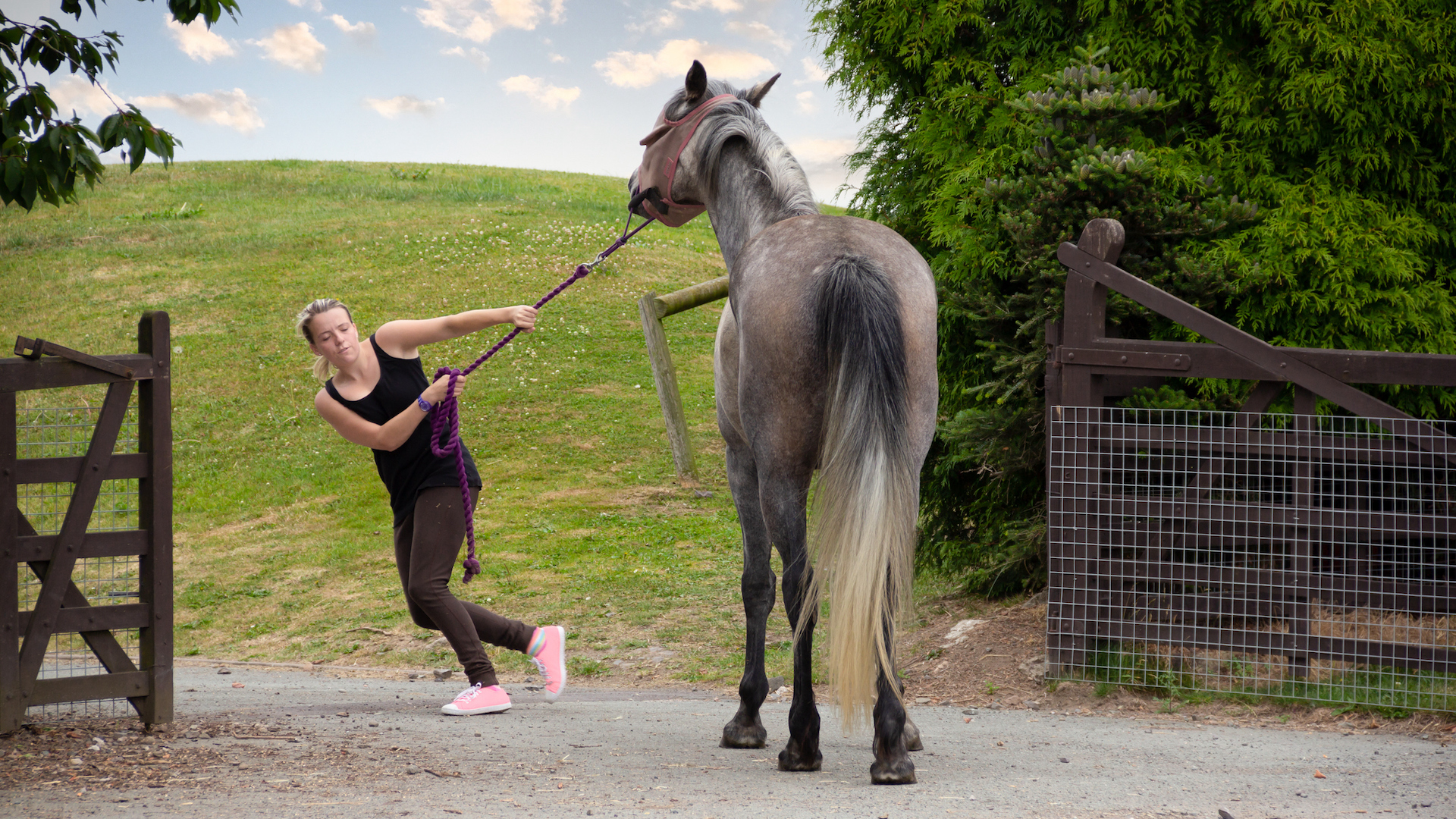
With any purchase, there can be unscrupulous sellers. Thankfully these are in the minority, but some people will try to take advantage of trusting and particularly inexperienced buyers. Don’t be rushed into any decisions, and ensure you have clear arrangements regarding deposits, trial periods, costs, and insurance. You should also have a sales contract stating purchase terms and conditions, and a signed receipt.
As a buyer, you may have rights if you believe you have been sold a horse which is not as the vendor led you to believe. (For example, stereotypies such as windsucking, or behavioral problems should be declared). If this is the case, you will need to seek professional legal advice.
19. Passport
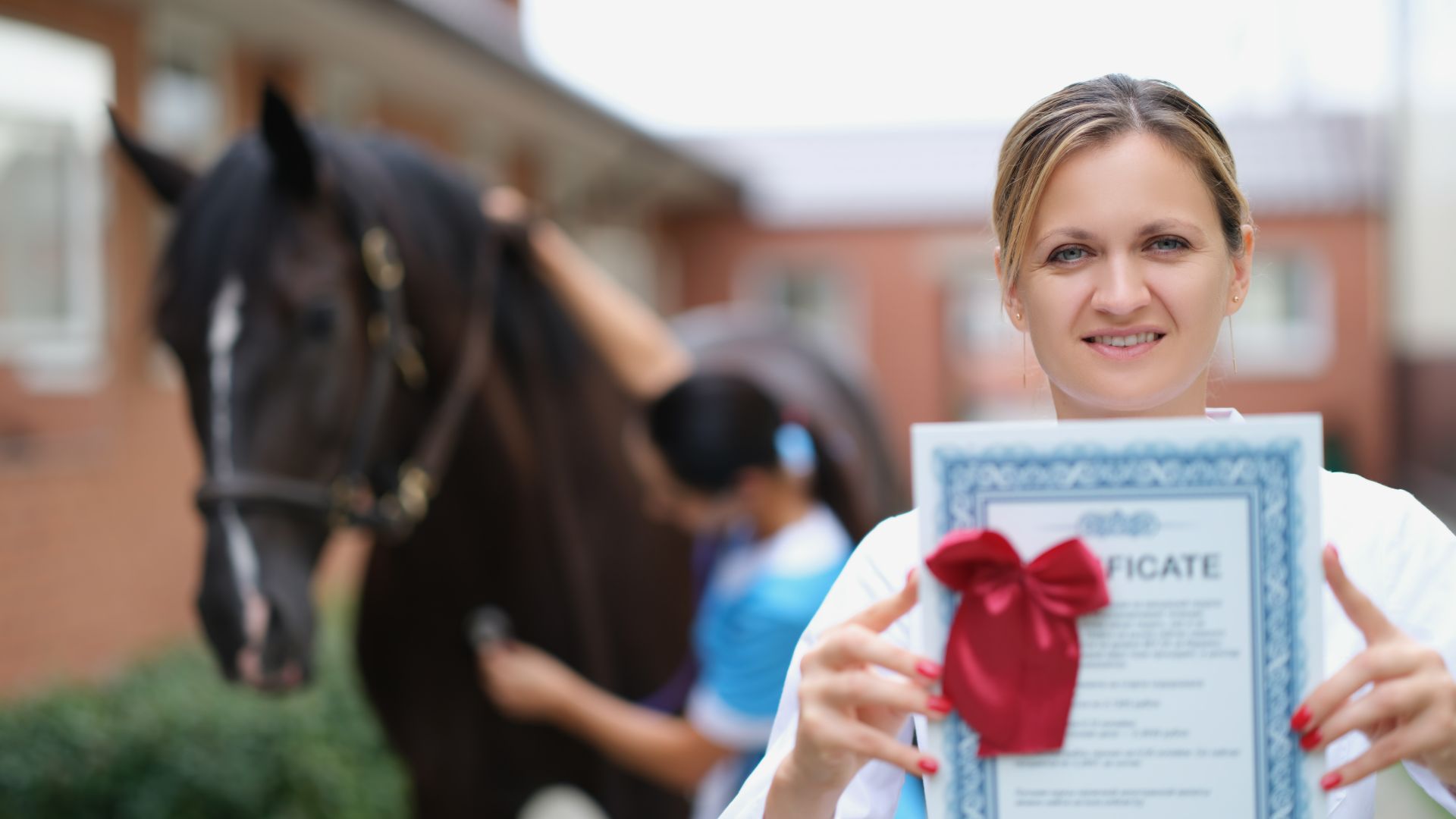
In the UK, since 2003 all horses must have a passport – regardless of the fact that most people never travel them abroad, with large fines for those who fail to comply. It is illegal for an equine to be sold without one, so always be suspicious if there is no passport, whatever reason is given, and check thoroughly that all the markings and whorls tally.
In the US, a passport is only necessary for those horses competing internationally.
20. Microchip
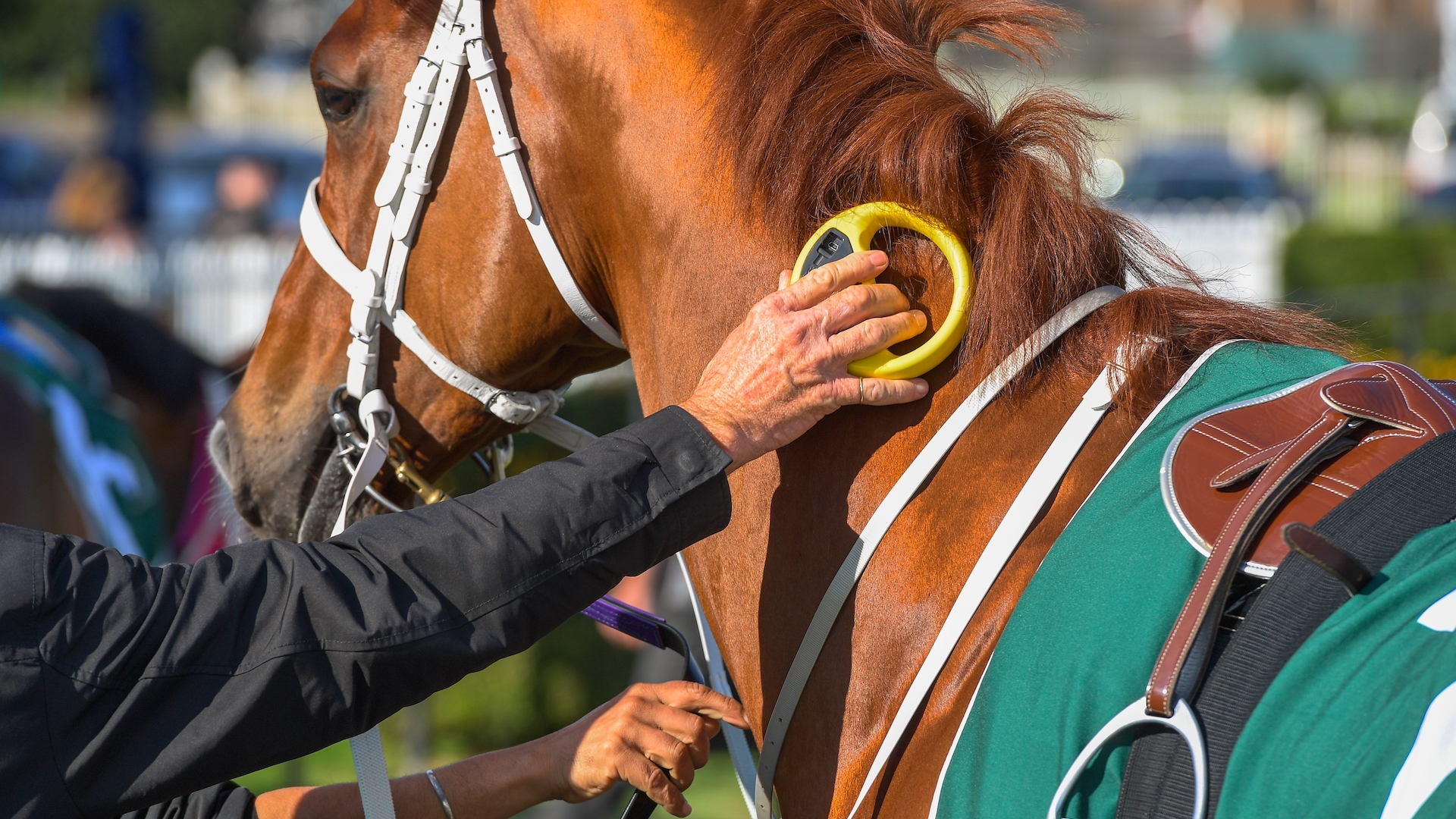
In the UK, all equines are legally required to be microchipped, which is a permanent form of identification. The horse’s microchip means you can check its passport details, and also whether a horse is legally for sale – as some horses are stolen and sold on.
In the US, microchipping is not mandatory unless the horses are competing at the national level or higher.
21. Veterinary history
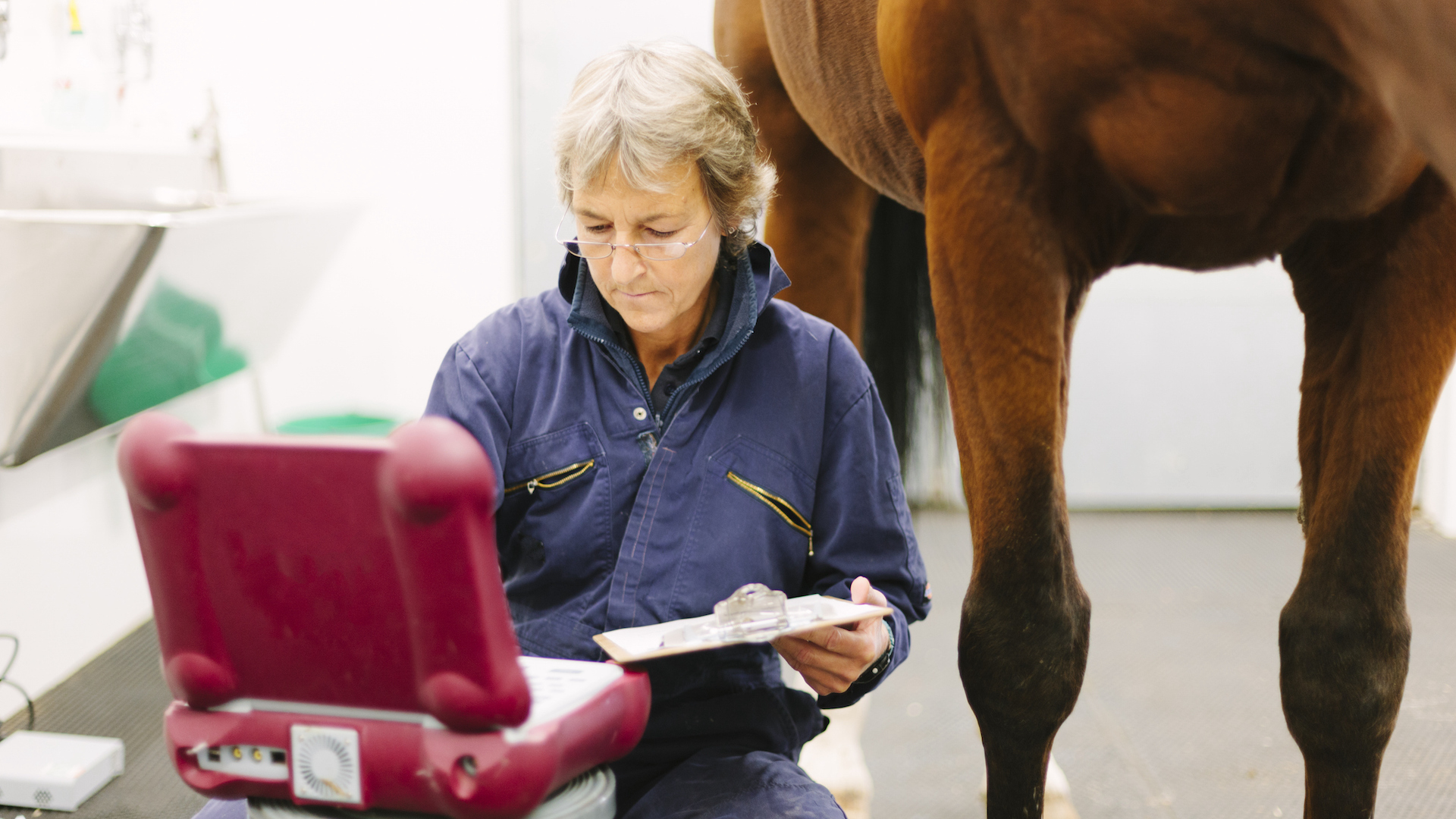
Before buying any horse, it’s a wise plan not only to ask the vendor if the horse has had any veterinary issues but also to contact their vet to check. Many conditions will not affect the horse for the intended purpose, but it’s important to know if there are any existing issues or past problems that may rear their head at a later date. It could also invalidate your insurance as pre-existing conditions are likely to be excluded.
22. Insurance
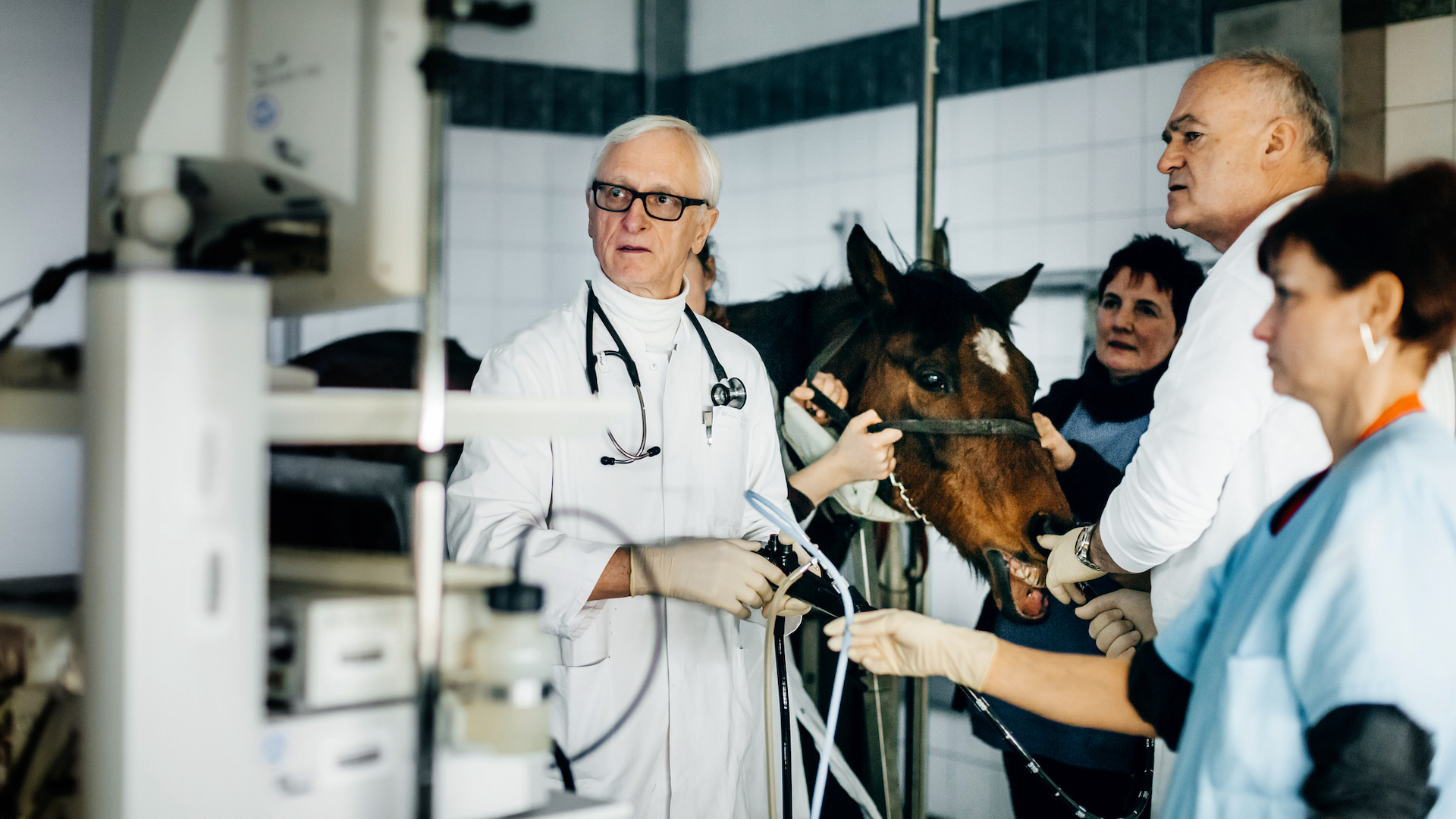
Insurance is often considered an optional extra but it is a significant addition to the budget. Horses are large expensive animals and if something goes wrong either with them, or they cause injury to someone or something (for example knocking over a person, or kicking out at a car), costs can quickly escalate.
As well as covering your horse, it’s strongly recommended that you take out public liability insurance, because if your new horse causes damage you may be liable to pay compensation – and personal injury can run into six figures.
23. Why do you want a horse?
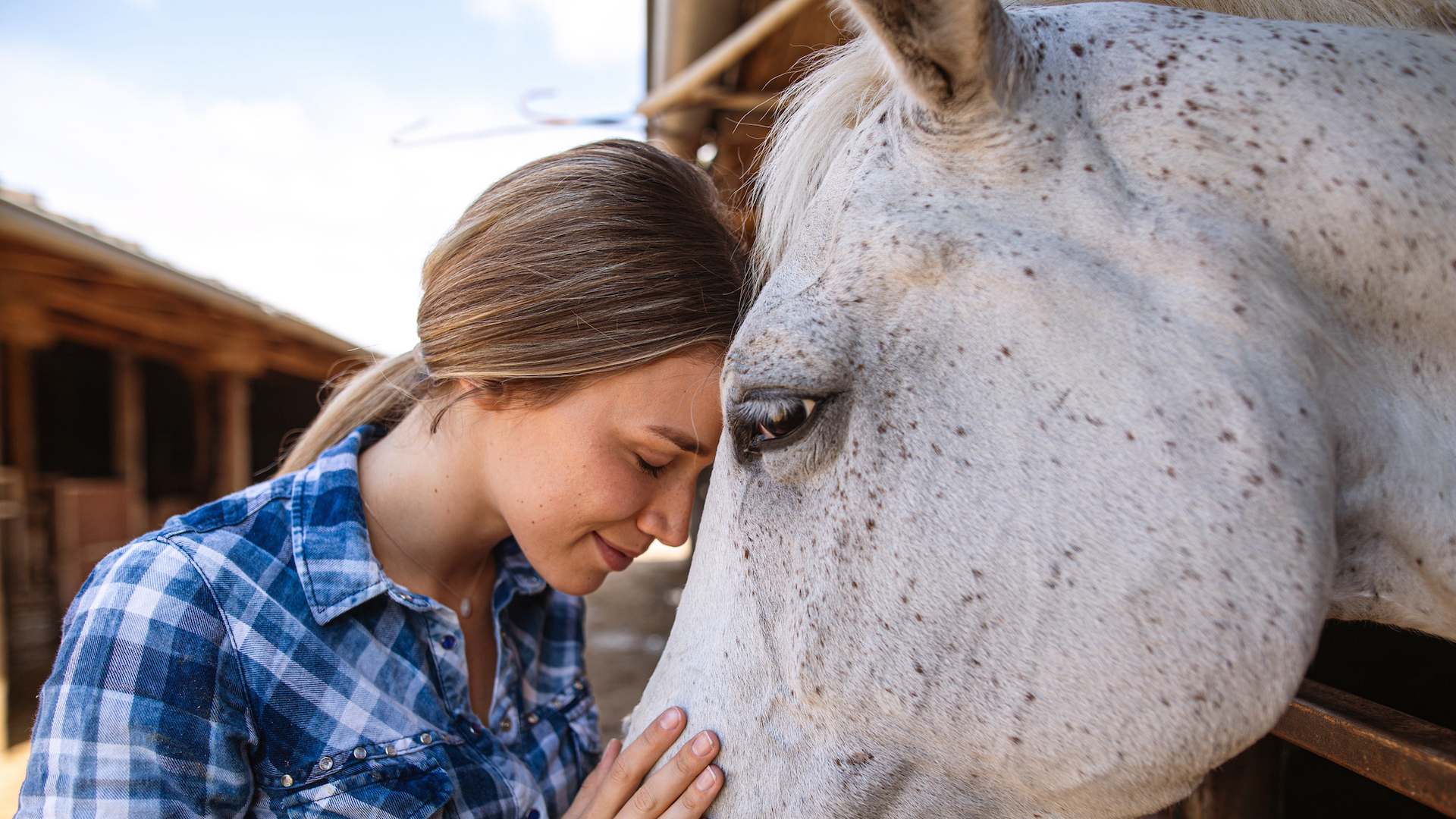
This is a really important question for anyone to consider before getting a horse. It’s a given that you love them and want to care for them. There are obvious emotional and physical benefits. Perhaps you have spent years honing your skills at a riding school and are ready to branch out on your own. Maybe you want the camaraderie to belong to a barn.
But consider, too, the downsides. If you are work-shy, a horse is not for you – you need to be prepared to get up early, finish late, and always attend to your horse’s needs before your own, however tired you are. You may need to work harder in your job to pay for the considerable expenses of keeping a horse.
Having a horse is the most wonderful privilege, but it’s not a commitment to be entered into lightly.
24. Vet fees
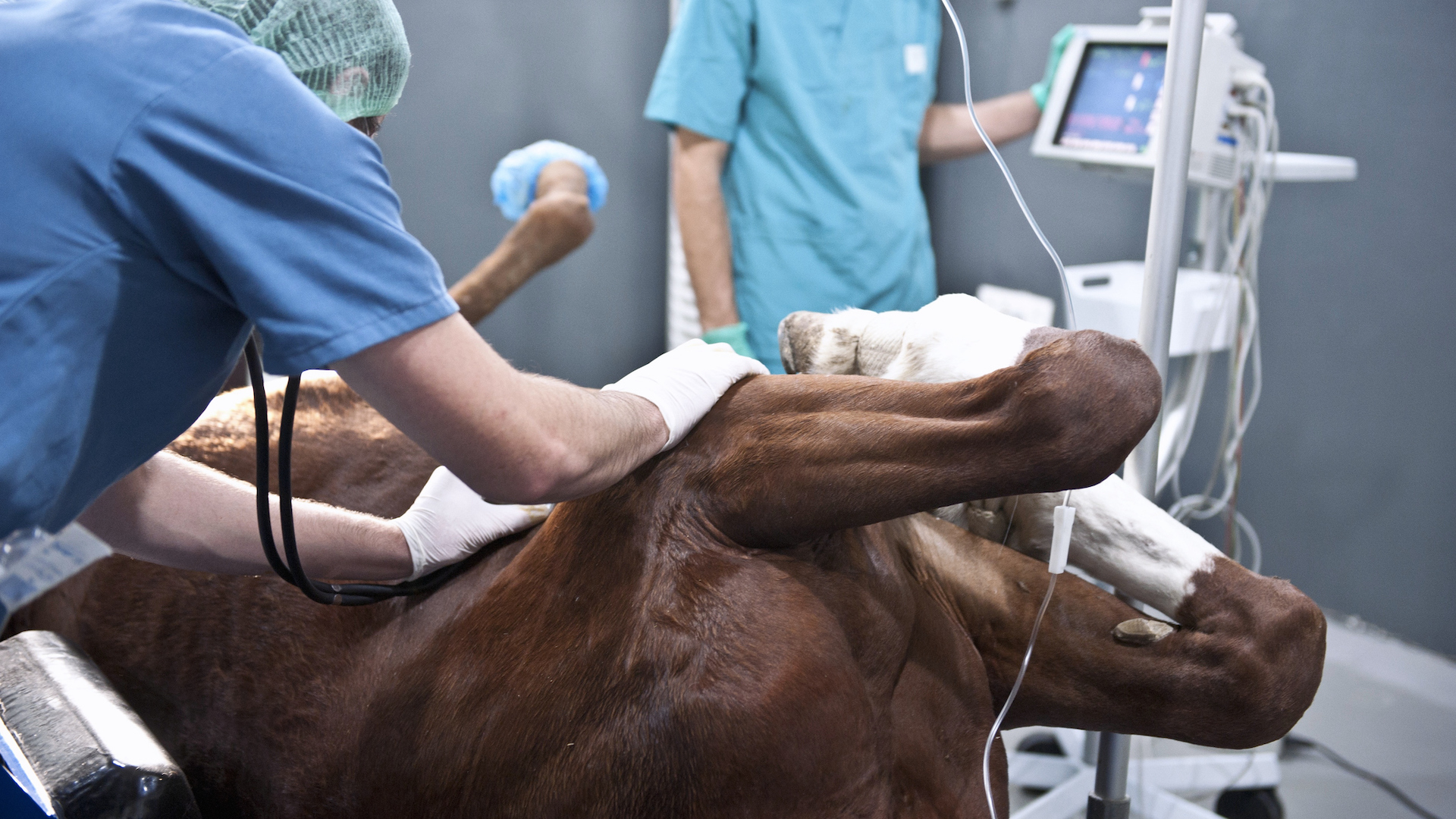
Veterinary fees are typically an area where horse owners like to bury their heads in the sand. Much like our own health, we rather hope that they won’t get sick or suffer injury. Alas, horses have an uncanny knack for hurting themselves – most often just playing in the paddock – so you need to be prepared that you will surely, at some point, need to shell out on some vet care. Having some of the best pet insurance can help offset the cost.
It might be as low-grade as treating mud fever in winter, or a supplement to help their digestion, but medication for horses doesn’t come cheap.
25. Rehoming
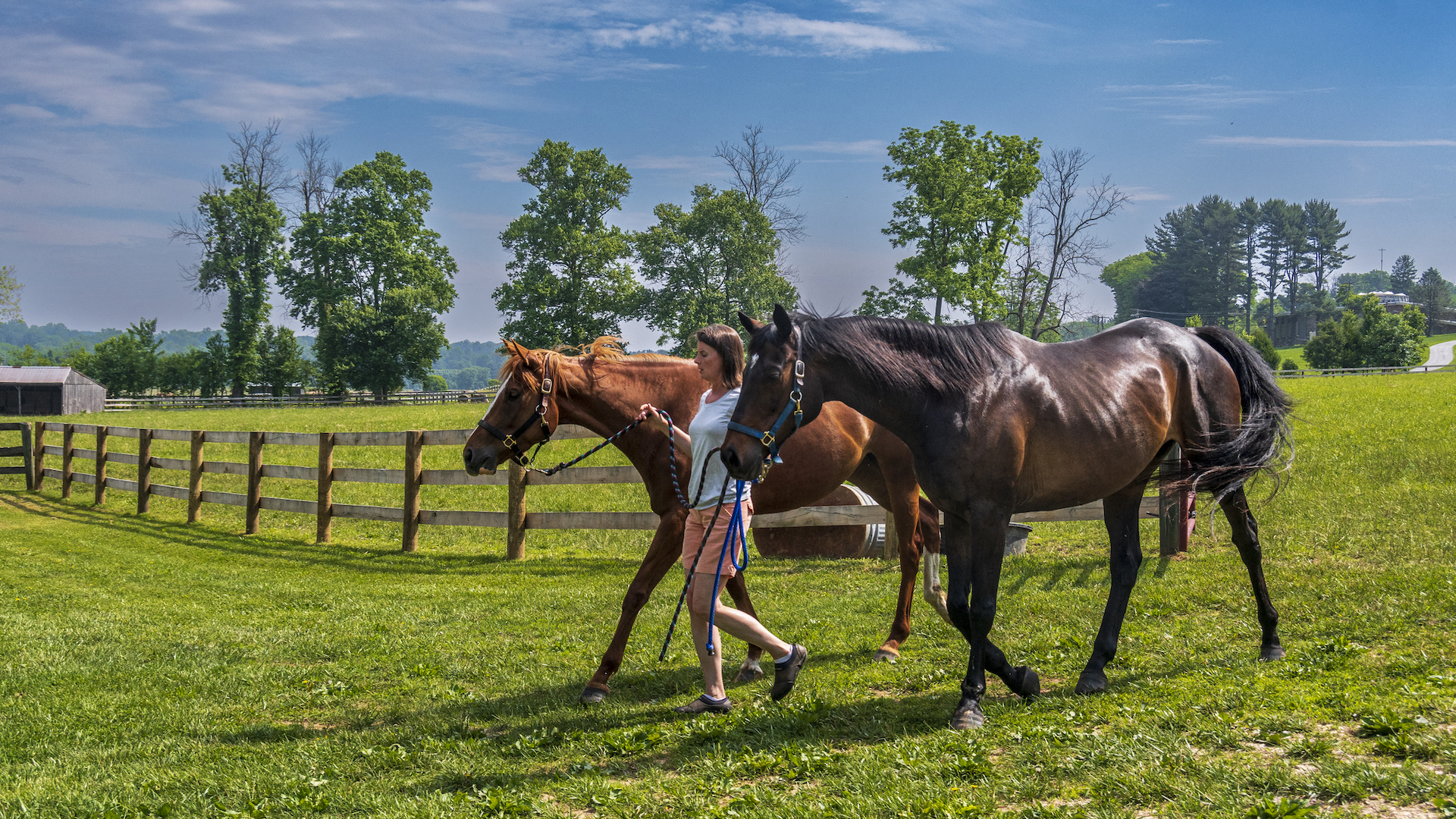
For those considering getting a horse of their own, take a look at rehoming sites. There are hundreds of horses taken in by charities and welfare organizations every year – and one of them may be your perfect match. These charities tend to be responsible for securing an ideal forever home, and charge a minimal fee – usually with the commitment that you can send the horse back to them if it doesn’t work out.
Racehorses that don’t make the grade on the track will often go to a retraining organization where you will be able to buy them at a fraction of the cost of their original value and give them a second career in a loving home.
26. Temperament

A good temperament in a horse is the holy grail. Whatever a horse’s physical limitations, a willing and friendly personality can override almost anything. Especially for a first horse, it’s wise to steer clear of the “quirky”, “temperamental” or “hot” types, as they are best left to the professionals who know how to get the best out of them.
27. Where to buy
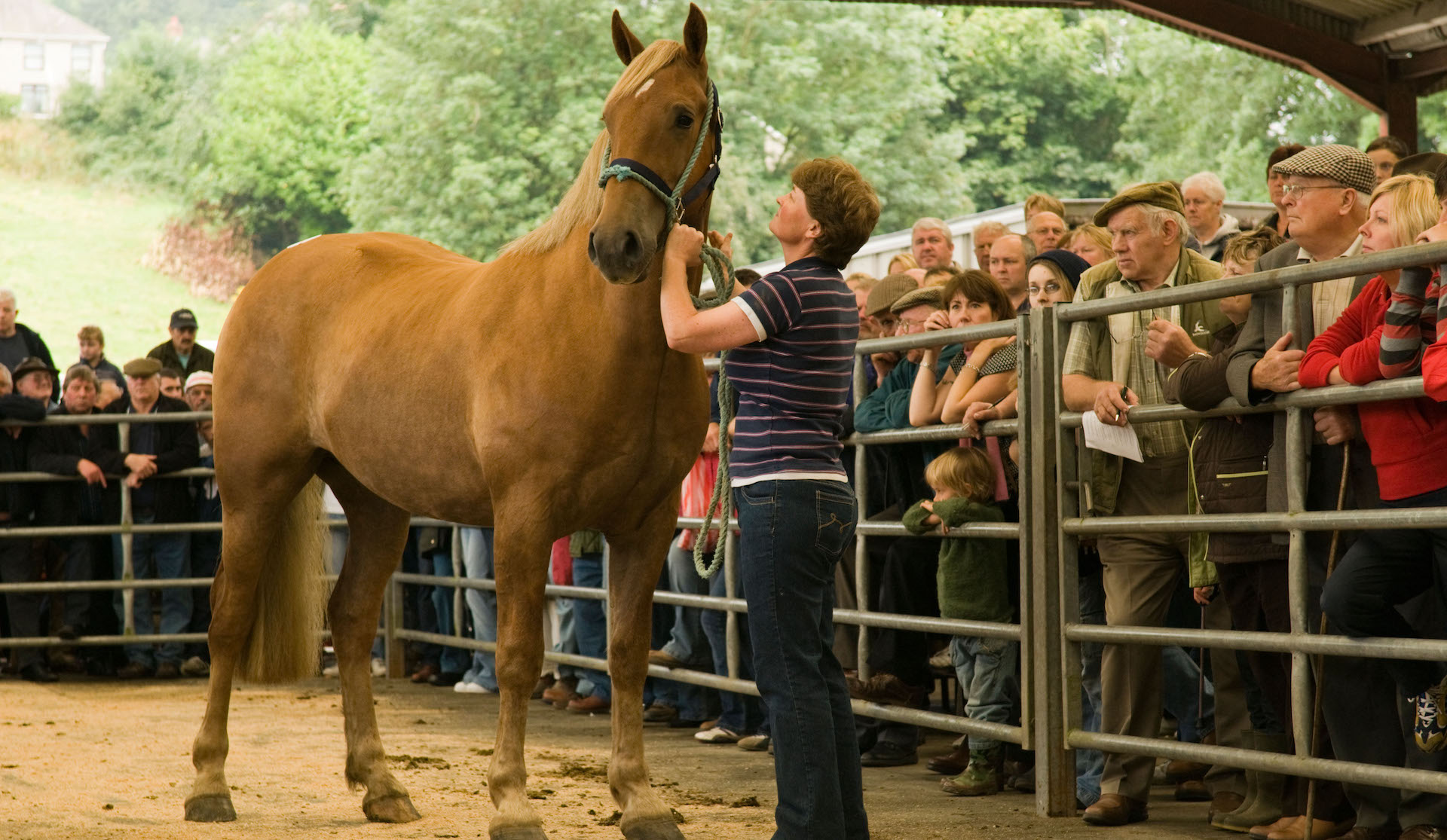
Horses are sold through many platforms and all over the world. Elite riders will import top horses from overseas, while most people tend to set a limit on the distance they are prepared to travel.
Word of mouth is the most reliable way to find a nice horse because it’s like having a personal referee vouching for the suitability of a particular horse for your specific needs and level.
You can buy at auction, where you will have the excitement of bidding wars, but these are best for the experienced. If you feel you do want to buy at auction, attend a few first without the intention to buy to get used to the format, and always take a knowledgeable equestrian with you to assess the suitability of any horse you want to buy.
Rehoming centers are great sources of horses looking for a loving forever home – at a low budget.
For novice buyers, always go and see any horse you are interested in – it’s easy for professional dealers to hide what they don’t want prospective buyers to see when they’re simply viewing on a screen.
28. Pre-purchase veterinary examination
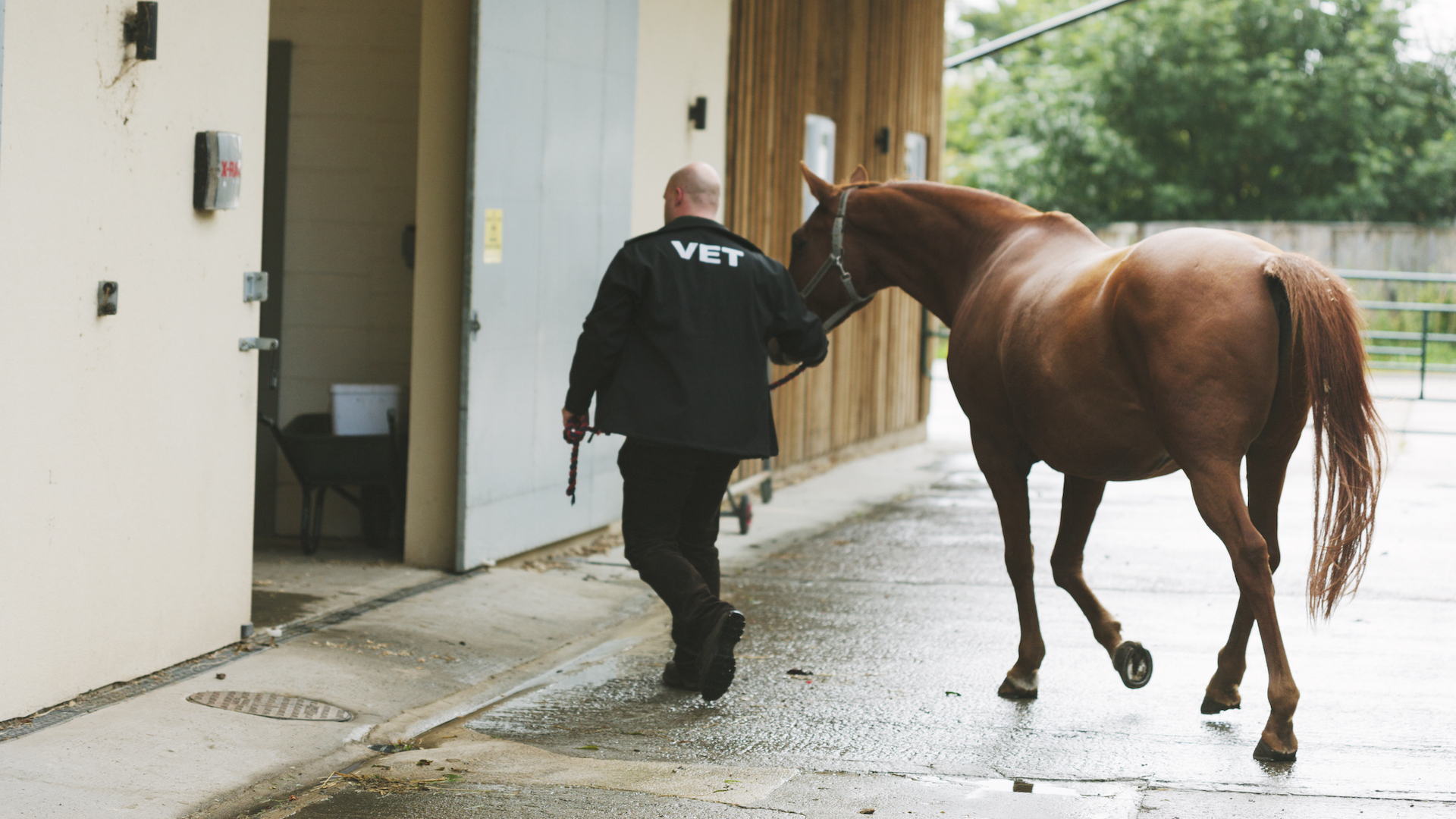
Never buy a horse without getting a pre-purchase veterinary exam. Explain to the vet what you want to do with the horse and they will analyze it accordingly so that it is fit for purpose. For instance, if you want to do recreational trail riding, the vet will assess the horse differently than if you wanted to do grand prix dressage.
Always organize the vet yourself and do not use the seller’s vet, to avoid conflict of interest.
Bear in mind that the vet can only assess the horse on that specific day and not predict the future – however, they will be able to point out conformational defects that might cause problems down the line.
29. Emergency fund

If you’re on the lookout for a horse, you’ve likely done some budgeting and know the typical monthly costs. However, horses always manage to throw up something unexpected, and they don’t give you any notice. Consider putting a bit of extra money away as an emergency fund so that when an expensive situation arises, you’re not caught short.
30. How often you can ride
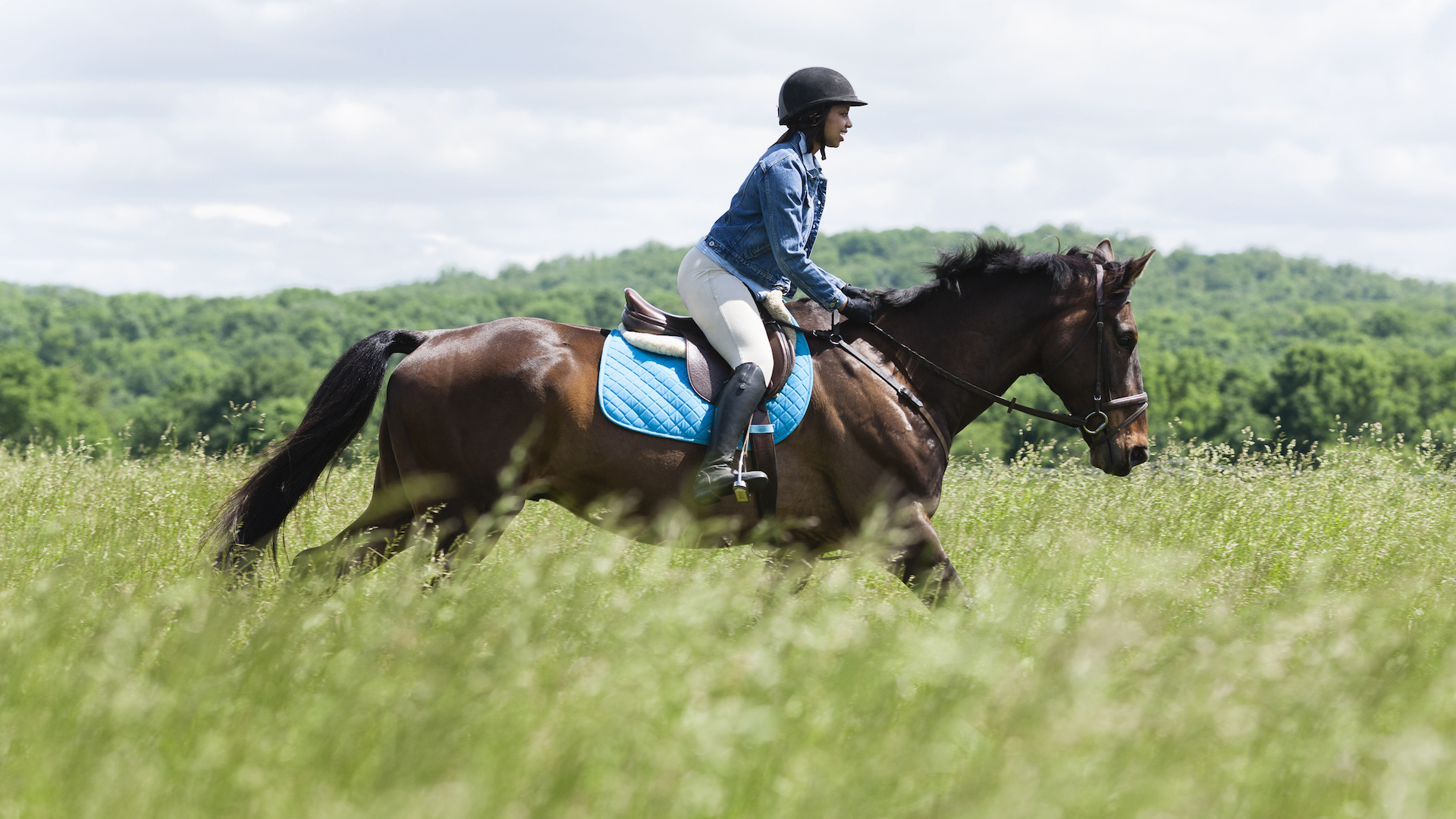
Horses love routine. It’s not great for their fitness if you can only manage weekends, or you ride sporadically. As a general rule, they should be kept ticking over being ridden three to six times a week.
While horse ownership is a longed-for dream on the horizon, you may think you will ride regularly, but is it really feasible? Will you have the motivation to go down to the barn on a winter’s morning before dawn? Can you fit riding around your job and family?
31. A sales contract
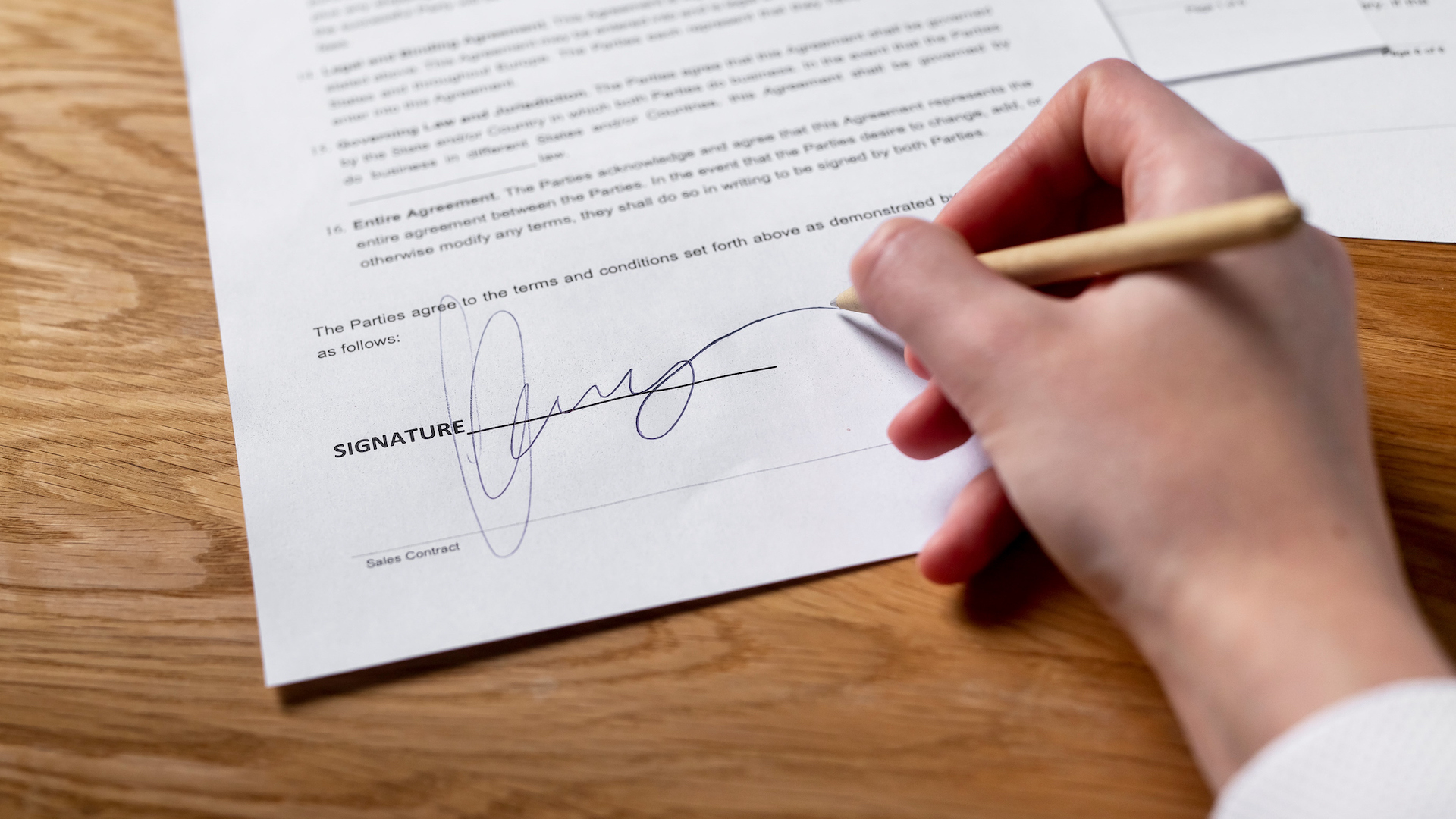
It may seem very official, especially if you’re never intending to move out of the leisure-riding category or the price tag is low, but a sales contract is important to protect you. Once you have agreed on a purchase price, make this agreement official on paper. The contract should include the terms of the sale and any warranties the seller has agreed to. Within a certain time frame, you may be able to return a horse or swap it for a different one if it’s not right for you. There are lots of online forms you can use as a template.
You’ll need details such as the date of completion, purchase price, any stereotypies of behavioral problems disclosed, and when and how you can return the horse for breach.
32. The next stage
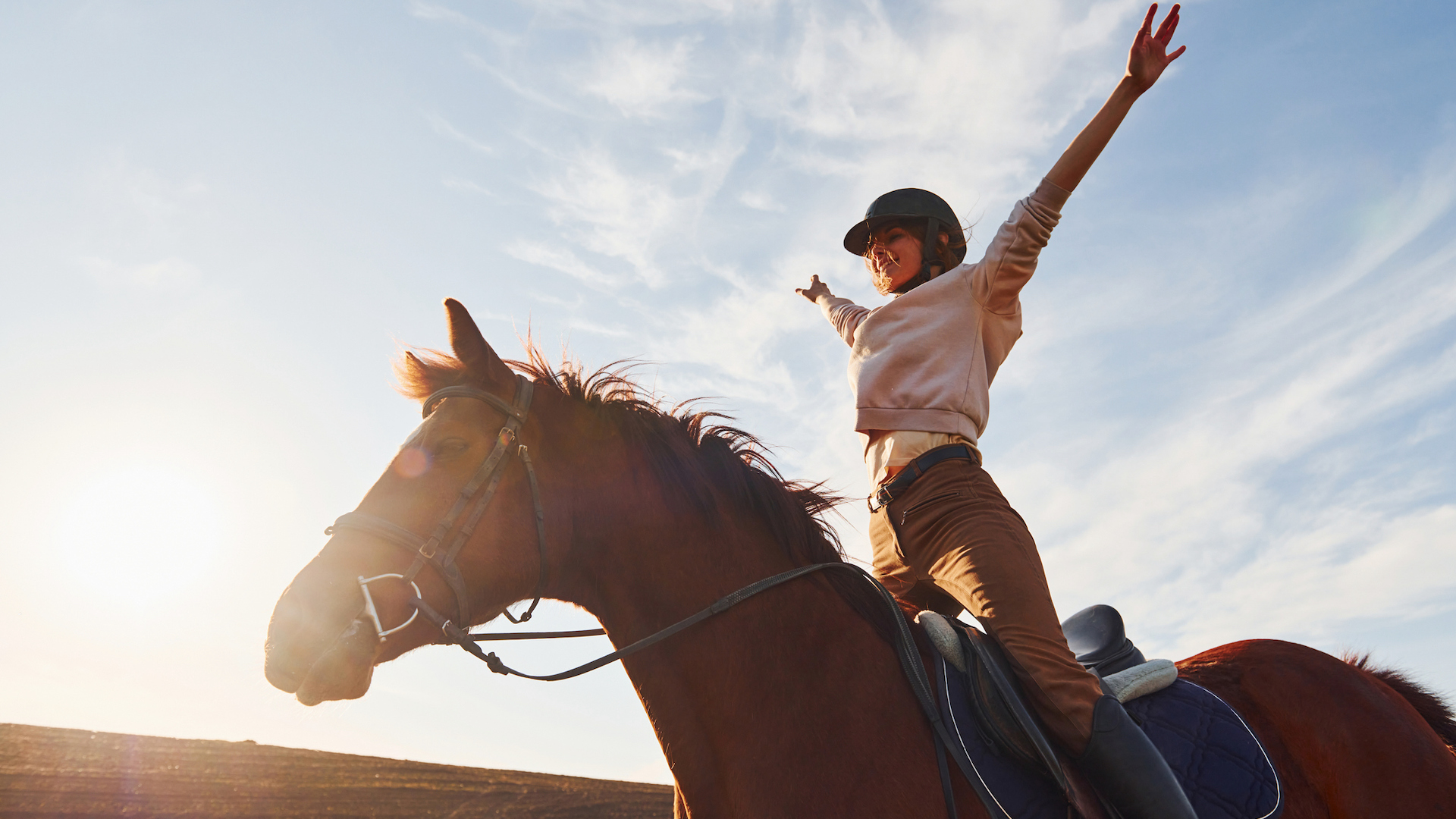
Having a horse is a massive commitment in time, energy, and finances, so every issue needs careful consideration. But the benefits are wonderfully rewarding. Take time to allow your new horse to settle into his unfamiliar surroundings and build a positive partnership together. Enjoy the ride.
Martha is an experienced journalist working in both print and digital media. She specializes in the canine, equine and rural sphere where she has covered a wide range of topics from cloning animals and the ingredients for a perfect yard dog, to helping owners find the best canine GPS trackers on the market. When she’s not busy writing about dogs and horses, she’ll be found either aboard a horse or looking after the menagerie of pets in her care.
